Alone we can do so little
together we can do so much
– Helen Keller
– Helen Keller
The Siegel Rare Neuroimmune Association (SRNA) is a not-for-profit international organization dedicated to the support of children, adolescents, and adults with a spectrum of rare neuroimmune disorders including: Acute Disseminated Encephalomyelitis (ADEM), Acute Flaccid Myelitis (AFM), MOG Antibody Disease (MOGAD), Neuromyelitis Optica Spectrum Disorder (NMOSD), Optic Neuritis (ON) and Transverse Myelitis (TM).
Founded in 1994 by family members and individuals with these diagnoses, SRNA (formerly the Transverse Myelitis association — read more about the change here) was incorporated on November 25, 1996 in the state of Washington and we became a 501(c)(3) organization on December 9, 1996.
We support individuals living with rare neuroimmune diagnoses and their families, promote awareness to empower patients, families, clinicians and scientists, build a collaborative and dedicated clinical care network and help advance scientific understanding and research.
Sunday, July 31, 1994 at 5:30 in the evening… Pauline fell to the floor with excruciating pain in her lower back and was immediately and completely paralyzed below her waist. She spent nine hours in an emergency room.
We are an information resource on rare neuroimmune disorders for our community through our website, newsletters, blogs, Ask The Expert Podcast Series, educational events such as symposia and workshops for the exchange of current and up-to-date information regarding the diagnosis, treatment and management of these disorders. We offer a support network between persons with these disorders through local support groups located throughout the world and through our partnership with Smart Patients, while also organizing annual quality of life programs such as family camps for children with these disorders and their families. We support the post-residency training of clinicians committed to careers in academic medicine specializing in these disorders, provide grant support to academic Centers of Excellence and fund novel pilot research ideas.

To support and advocate for individuals and their families diagnosed with rare neuroimmune disorders of the central nervous system

To promote awareness and to empower individuals with rare neuroimmune diagnoses, families, clinicians, and scientists through education programs and publications

To advance the scientific understanding of and therapy development for these rare disorders by supporting the training of clinician-scientists dedicated to these rare diseases and by supporting critical clinical research

 Roberta Pesce
Director of Strategic Design and Impact
Roberta Pesce
Director of Strategic Design and Impact
Roberta is a driven strategist and a passionate activist on a mission to make communities and organizations healthier, more empowered and planet-centric.
Through her time at SRNA, she created international awareness campaigns from scratch, set up a community support portal, and led the communication and branding strategy. Her deep curiosity about leadership and innovation in the social and environmental sectors has led her to partner with and work for a variety of organizations, including Ashoka, iDE, Butterfly Works, and WHO.
She has worked and lived extensively in Amsterdam, Madrid, New York, DC, and Phnom Penh. When she's not traveling, you can find her petting random animals on the street, planting vegetables in the community garden, brewing her favorite sage-bergamot kombucha, sharing her passion for food and sustainability, enjoying a long hike, or reading a book with a strong cup of coffee.
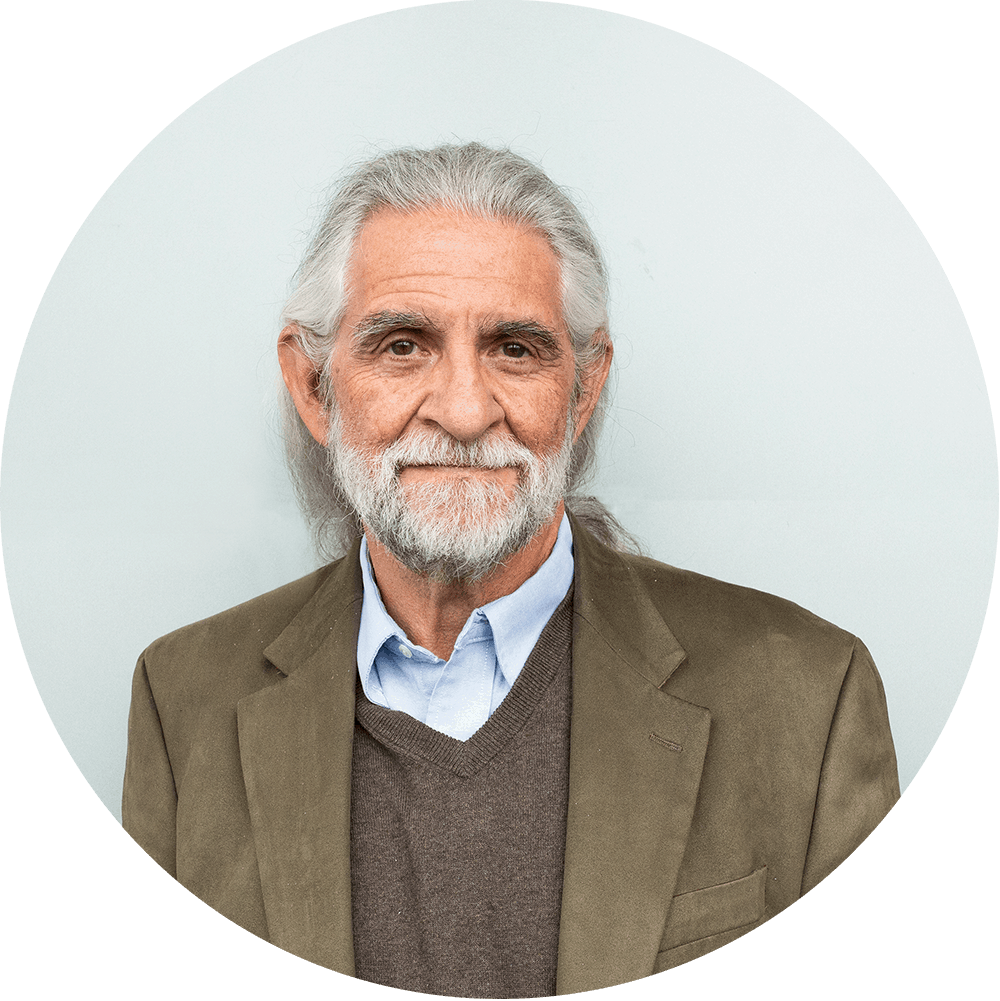
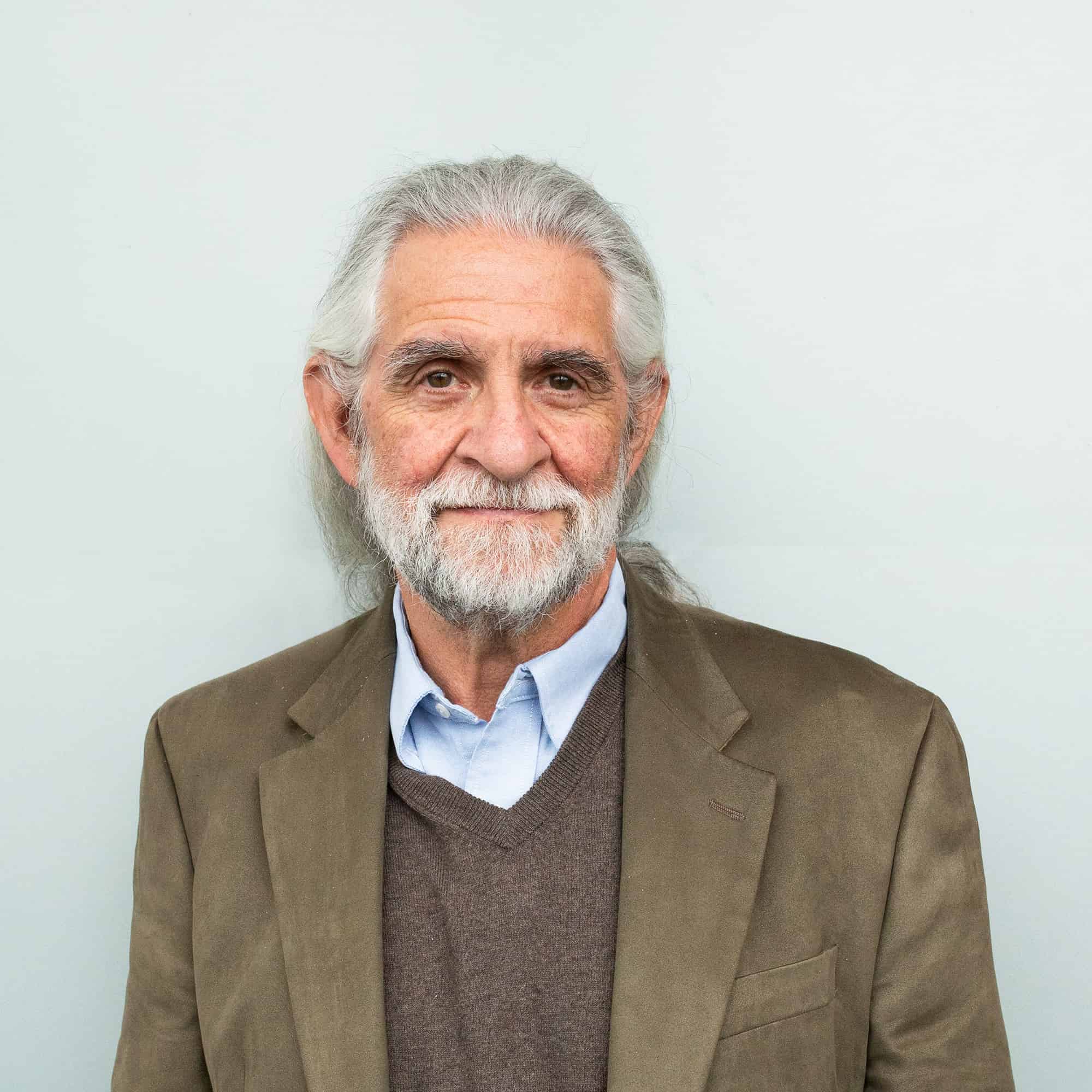 Sandy Siegel
President
Sandy Siegel
President
Sandy got involved with SRNA shortly after his wife, Pauline, contracted TM in 1994 at the age of 35. At the time of her onset, Pauline was a kindergarten teacher. Sandy has been an officer and a board member of SRNA since its inception. Sandy has also served as SRNA’s newsletter and journal editor during his more than two decades of service to the organization. Sandy is a cultural anthropologist with specializations in Native Americans, psychological anthropology and culture change. Sandy has worked as an adjunct professor at Capital University, Franklin University, the Urban/Rural Program of the College of Great Falls, and the Intertribal Education Center of the Fort Belknap Reservation. Sandy retired from the State of Ohio in 2011 after more than 35 years of service. Sandy returned to college in the fall of 2011 and is a photography student at Columbus State Community College. Sandy and Pauline have two sons, four grandsons and one granddaughter.

 Chitra Krishnan
Executive Director
Chitra Krishnan
Executive Director
Chitra’s journey with SRNA began in 2001 when she joined the newly formed Johns Hopkins Transverse Myelitis Center funded through a grant from SRNA. In 2004, she co-founded and led as Executive Director, an initiative called Project RESTORE at Hopkins, to expand institutional research and patient care out into the community and be a vehicle of change to transform the way diseases are traditionally studied. She currently serves as a member of the Board of Ambassadors of Project RESTORE. Prior to joining full-time as the Executive Director of SRNA, Chitra was the Director of Knowledge and Learning at Ashoka Changemakers, a non-profit that creates opportunities for organizations, corporations, and individuals to drive meaningful and measurable social change. She holds a Masters in Health Systems Management from the Johns Hopkins Bloomberg School of Public Health.
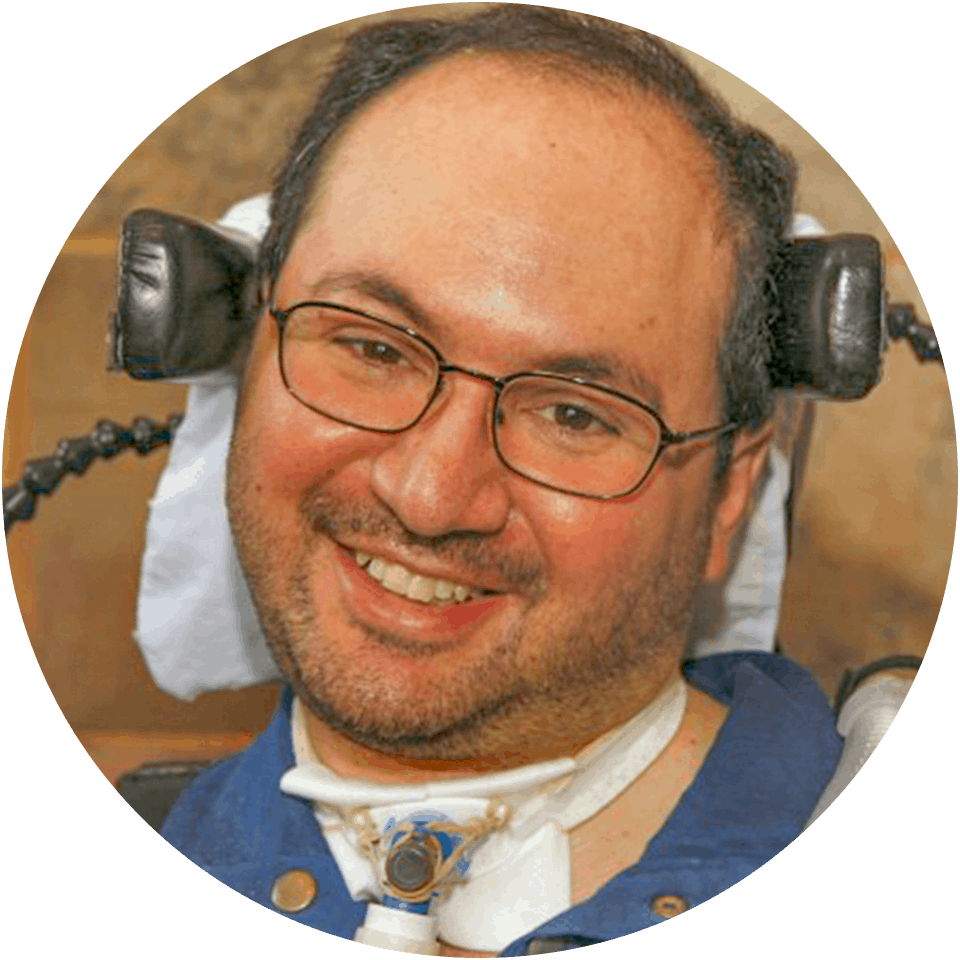
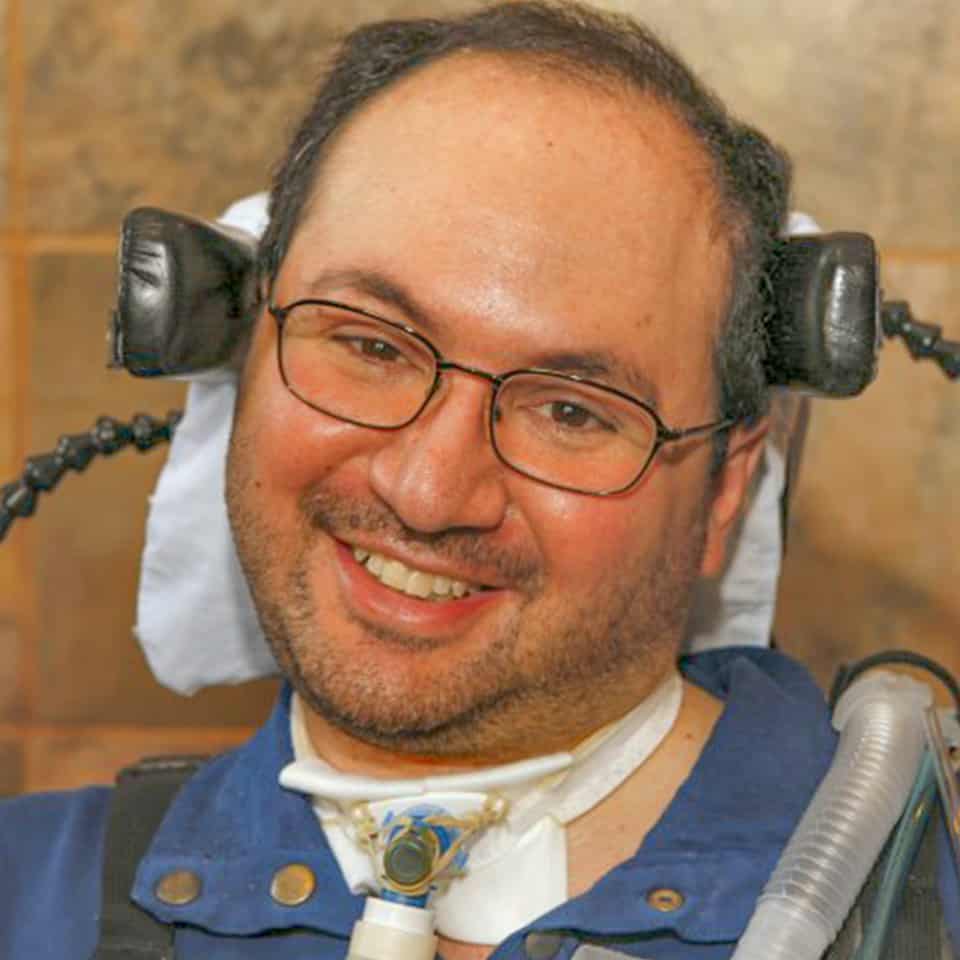 Jim Lubin
Executive Committee Member
Jim Lubin
Executive Committee Member
Jim was diagnosed with TM in 1989 when he was 21. Jim is a C2 quadriplegic, paralyzed from the neck down and ventilator dependent. In 1996 Jim started the Transverse Myelitis Internet Club email list-group to connect people with TM. Jim was the New Mobility Magazine’s 1998 Person of the Year. Jim performed all of the Internet and web site work for SRNA prior to 2012. Jim has been written about extensively in books and magazines. He is an inspiration for everyone in the TM community and for everyone who knows him.
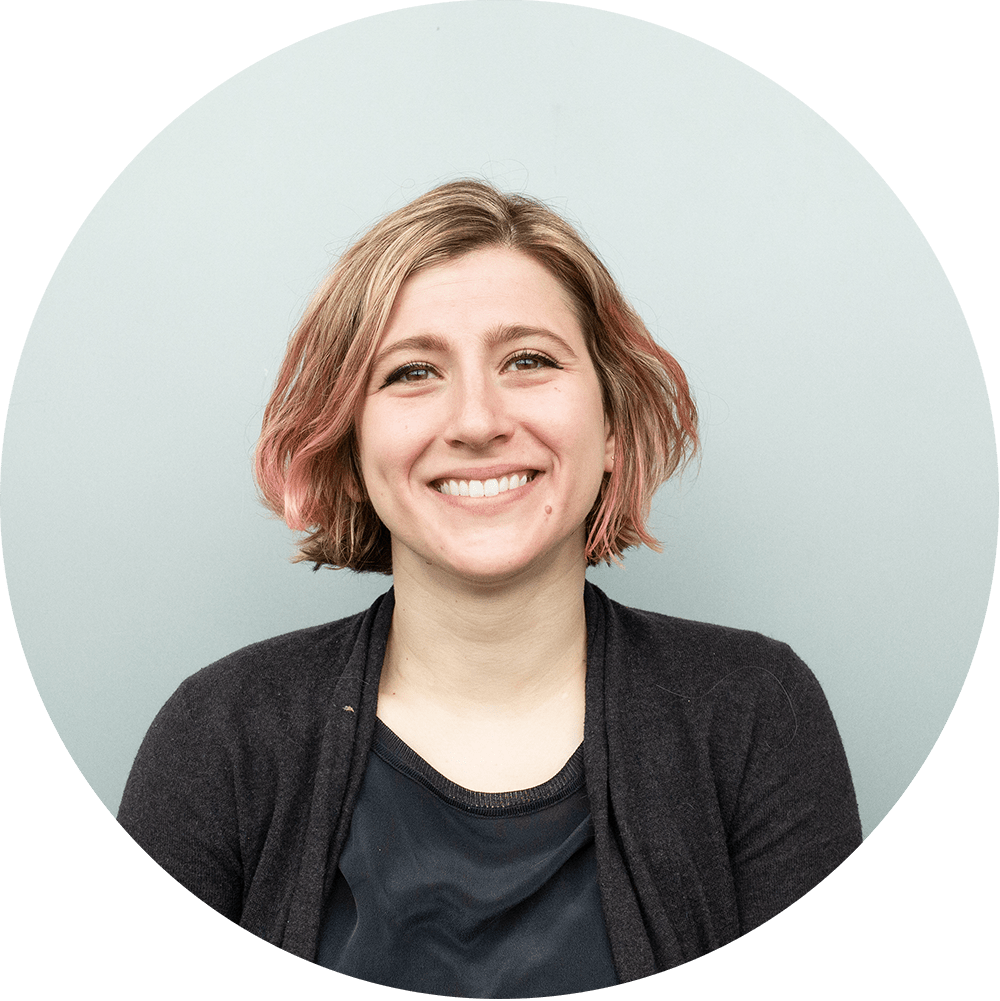
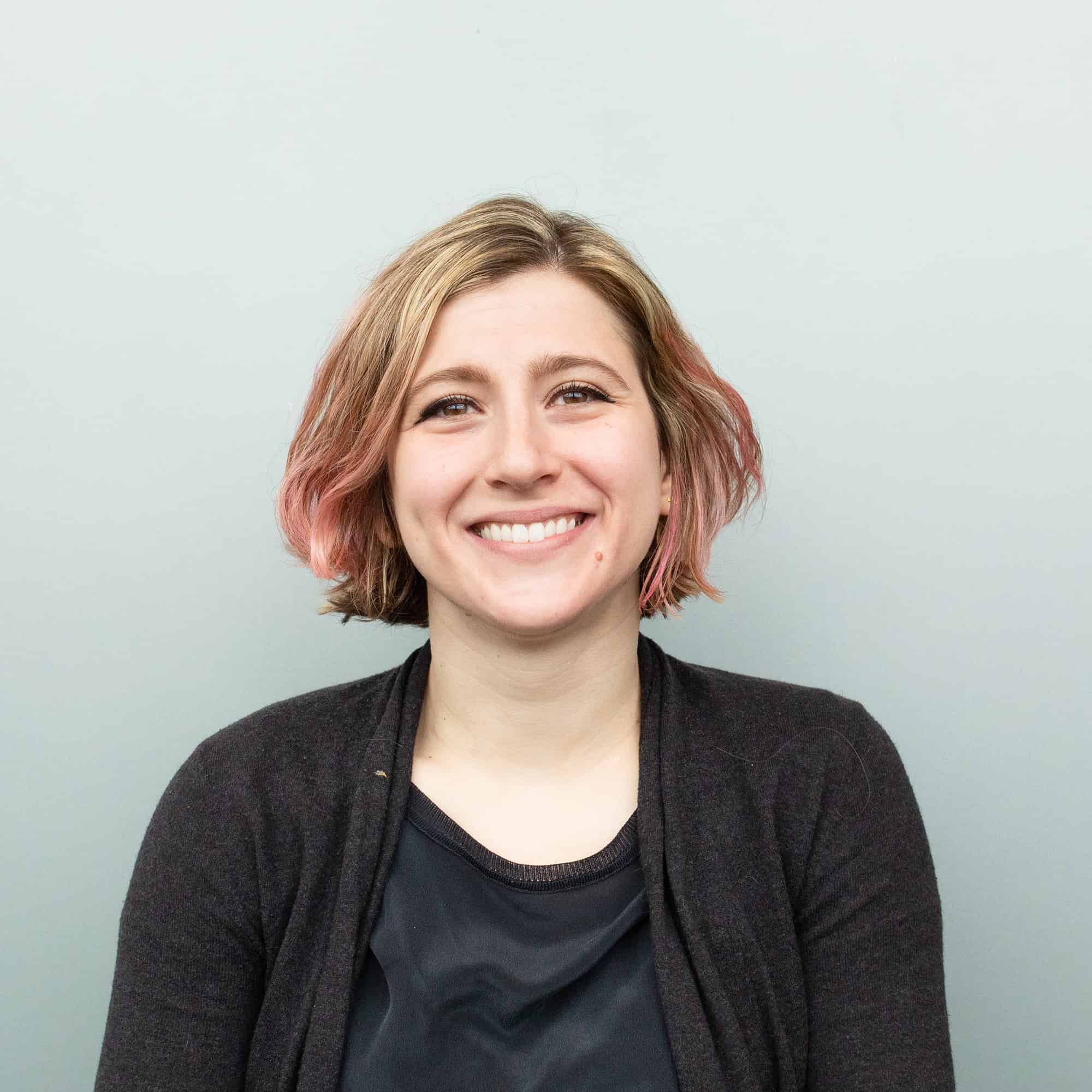 Gabrielle (GG) deFiebre
Director of Research and Programs
Gabrielle (GG) deFiebre
Director of Research and Programs
GG was diagnosed with Transverse Myelitis in December of 2009 and is a C6/7 quadriplegic. In 2010 GG earned a bachelor’s degree from New College of Florida, and in 2013 received a master’s degree in public health from the CUNY Graduate School of Public Health and Health Policy at Hunter College. She then earned a PhD in Community Health and Health Policy at the CUNY Graduate School of Public Health and Health Policy. She is eager to use her skills to contribute to SRNA’s mission and work.

 Krissy Dilger
Research and Program Manager
Krissy Dilger
Research and Program Manager
Krissy graduated from The Ohio State University in 2015 with degrees in Psychology and Criminology. She is passionate about public health and healthcare advocacy within underserved communities. Krissy joined as the Siegel Rare Neuroimmune Association in 2017 as a Program Associate. In her free time, Krissy enjoys running, reading novels, and being outdoors.
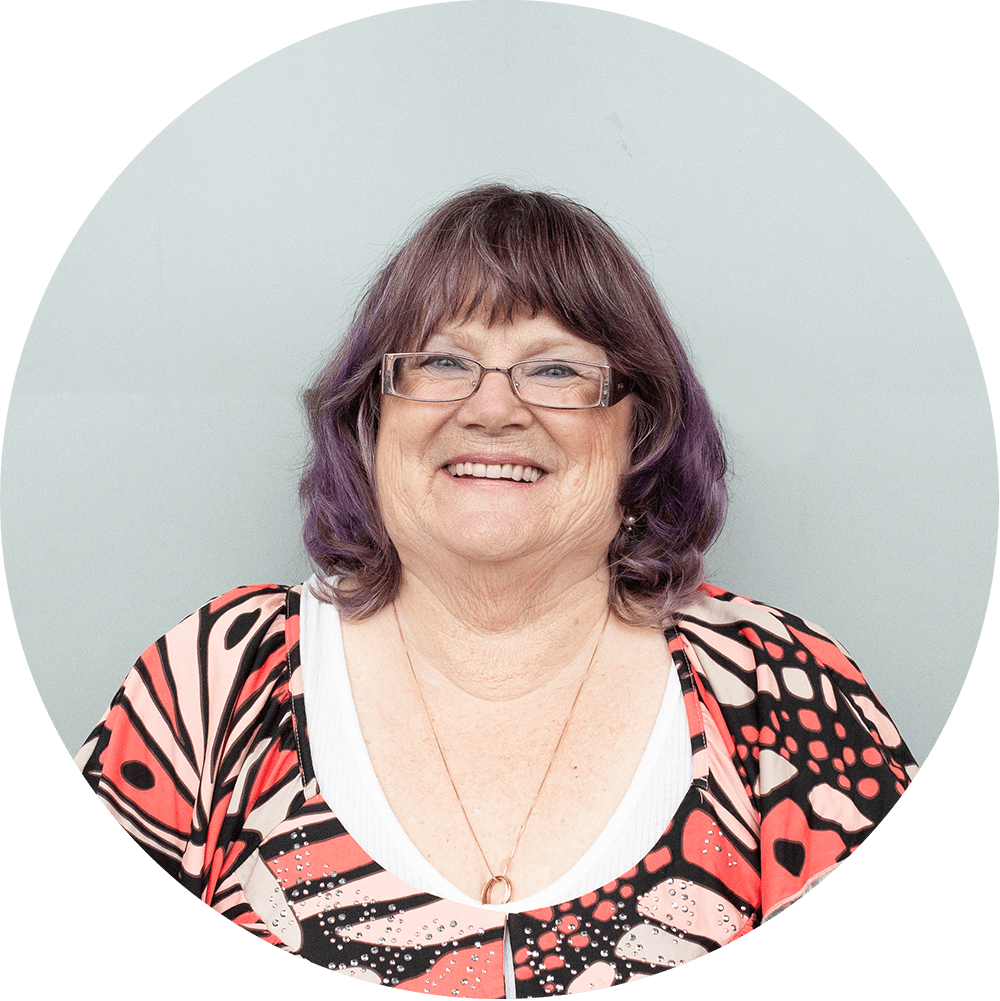
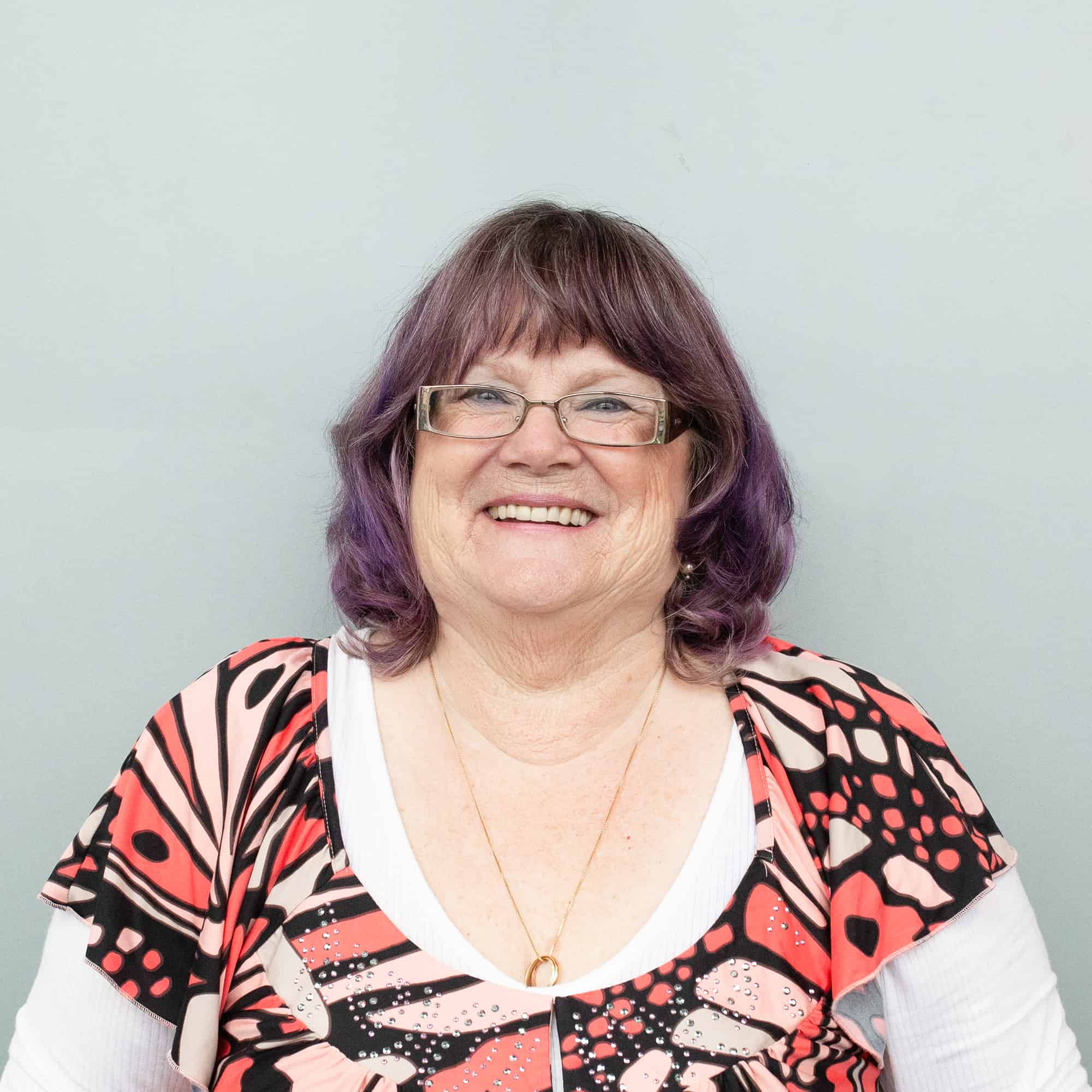 Deborah Capen
Secretary
Deborah Capen
Secretary
Debbie contracted TM in 1996 when she was 45 years old. At the time she and her husband owned a remodeling contracting firm. Through self-administered physical therapy (using her Jeep clutch and rubber bands for resistance), one year after she was diagnosed, Debbie was able to walk without assistance with minor balance problems. Her experience dealing with bad doctors and insurance companies in handling her treatment inspired Debbie to return to school to become a medical insurance biller. Ultimately she became a Medical Practice Administrator, which she has been for the past 15 years. Debbie found SRNA by typing “transverse myelitis” into the internet which connected her with Jim Lubin and the Transverse Myelitis Internet Club. Her involvement in the club led to her appointment as Secretary of the Association in 1997.
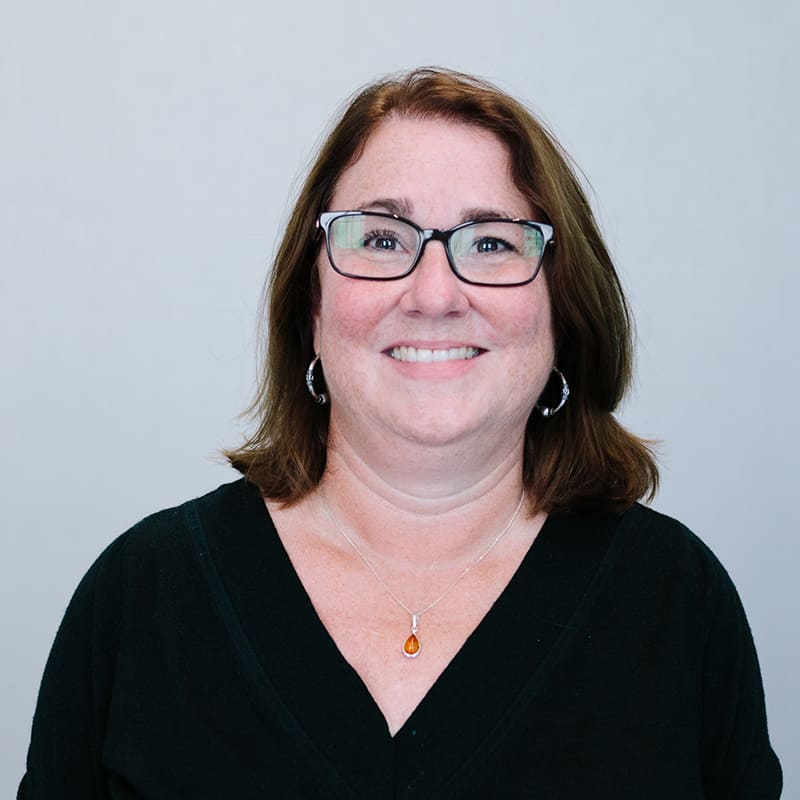
 Linda Malecky
Vice President & Treasurer
Linda Malecky
Vice President & Treasurer
Linda Malecky received her MBA from Pennsylvania State University before working for 15 years in corporate finance. She is now a full time mother to three children. In addition to her responsibilities as Treasurer of SRNA, she hopes to be an effective advocate for children with TM, ADEM, NMOSD, and ON.

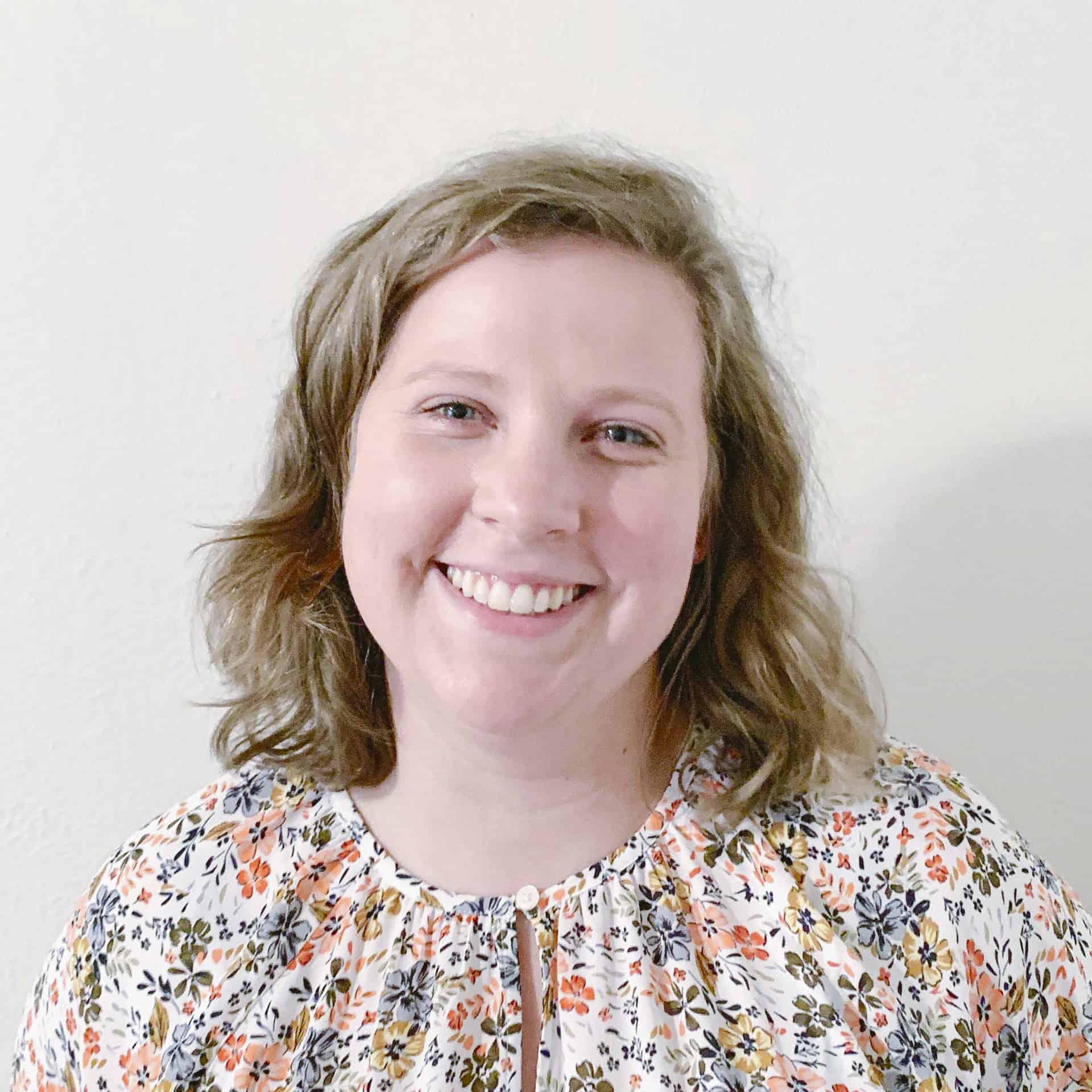 Lydia Dubose
Community and Volunteer Engagement Manager
Lydia Dubose
Community and Volunteer Engagement Manager
Based in Texas, Lydia is committed to lifelong learning and believes in the power of community to create a more kind and just world. In 2022, she earned her Certification in Volunteer Administration (CVA) after years of working with volunteers to bring about local education programs, creative projects, community work days, and support programs. Lydia is energized by trying new things, and enjoys collecting hobbies. These may include hiking and camping, creative projects, listening to podcasts, gardening, reading books, tackling new recipes, and spending time outside.
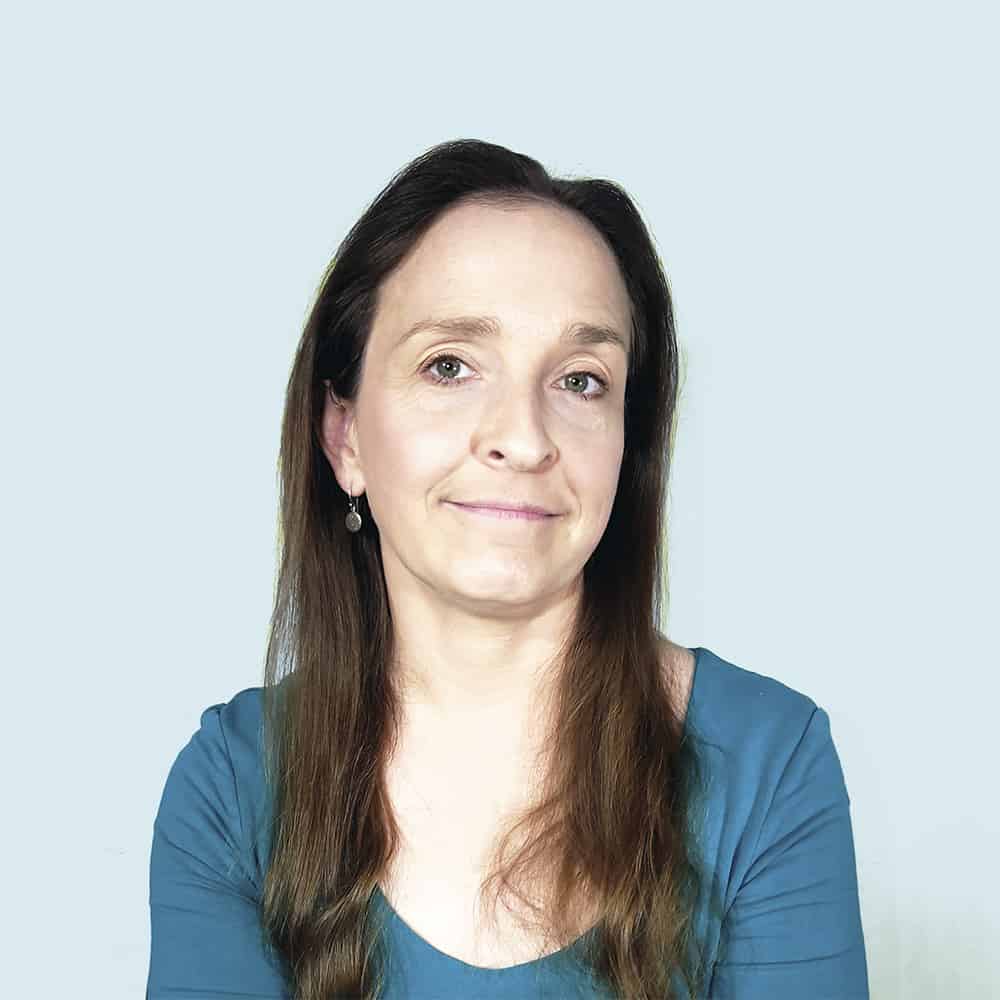
 Angel Simpelo
Administrative and Creative Assistant
Angel Simpelo
Administrative and Creative Assistant
Committed to community engagement, Angel has a background in fundraising and guiding volunteers to provide resources to populations such as veterans, people who have disabilities, and people who have low income or are experiencing homelessness. She holds a Bachelor’s degree in Digital Media from San José State University. She enjoys spending quality time with family and friends, as well as photography, gardening, hiking, and travelling.

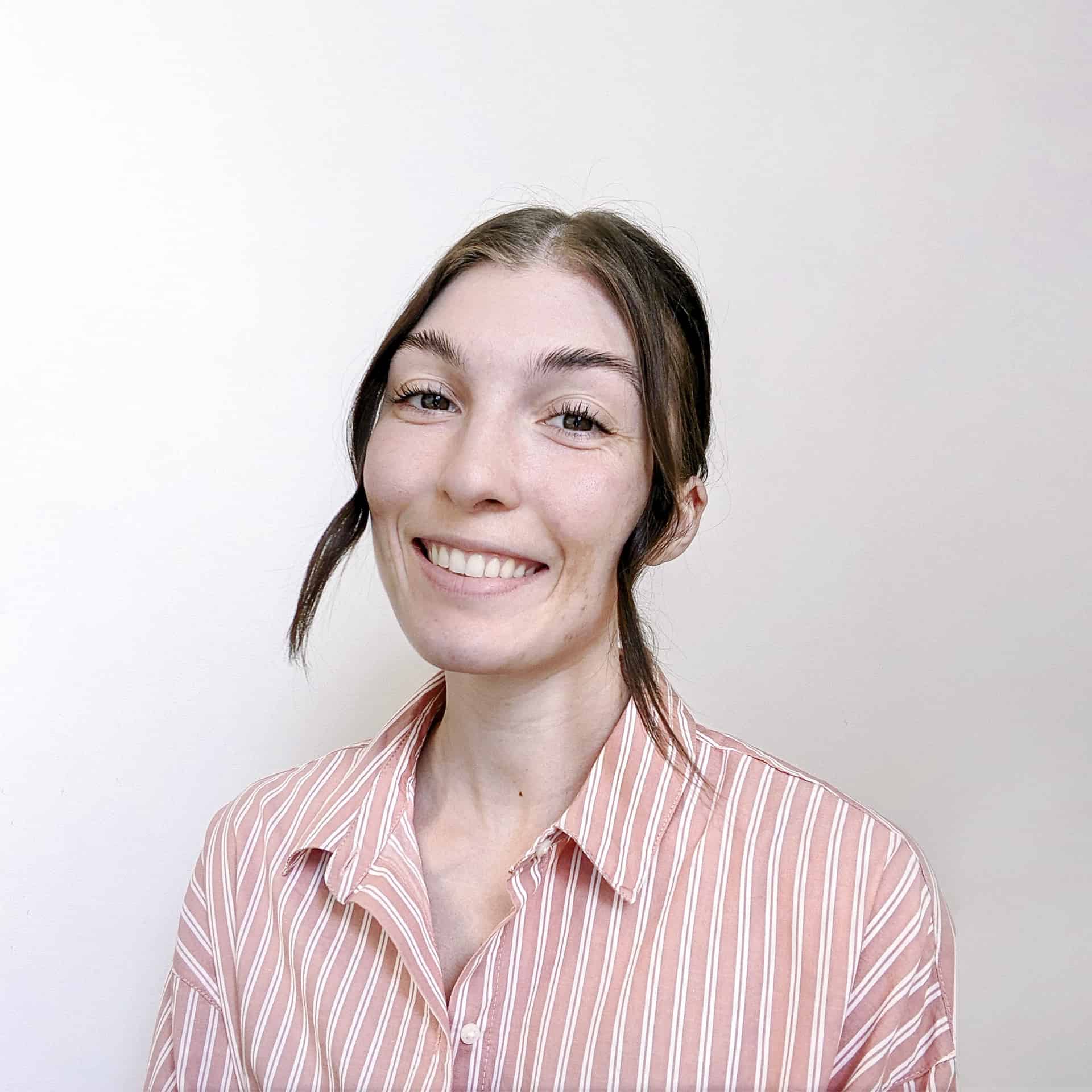 Skye Corken
Senior Coordinator, Communications, Volunteer & Community Engagement
Skye Corken
Senior Coordinator, Communications, Volunteer & Community Engagement
Based in Seattle, Skye joined SRNA in April 2022. After getting her degree in Global Health Studies from the University of Iowa in 2019, she traveled to Ireland where she lived for two months working for the nonprofit Volunteer Ireland. It was there where her love of working with volunteers was born. She loves going for walks, snowboarding, traveling, and drinking a chai tea latte.

 Ireland Thomas
Program Associate, Communications and Community Programs
Ireland Thomas
Program Associate, Communications and Community Programs
Ireland is a poet and writer who depicts her lived experiences with her neuroimmune condition, NMOSD. She’s undeterred in her mission to raise understanding on how having a rare condition impacts a person’s life, and wants to create art out of that turmoil. She graduated in 2023 with her bachelor’s in creative writing, and is returning to school to acquire her MFA. She loves video games, coffee, puppies, and writing.

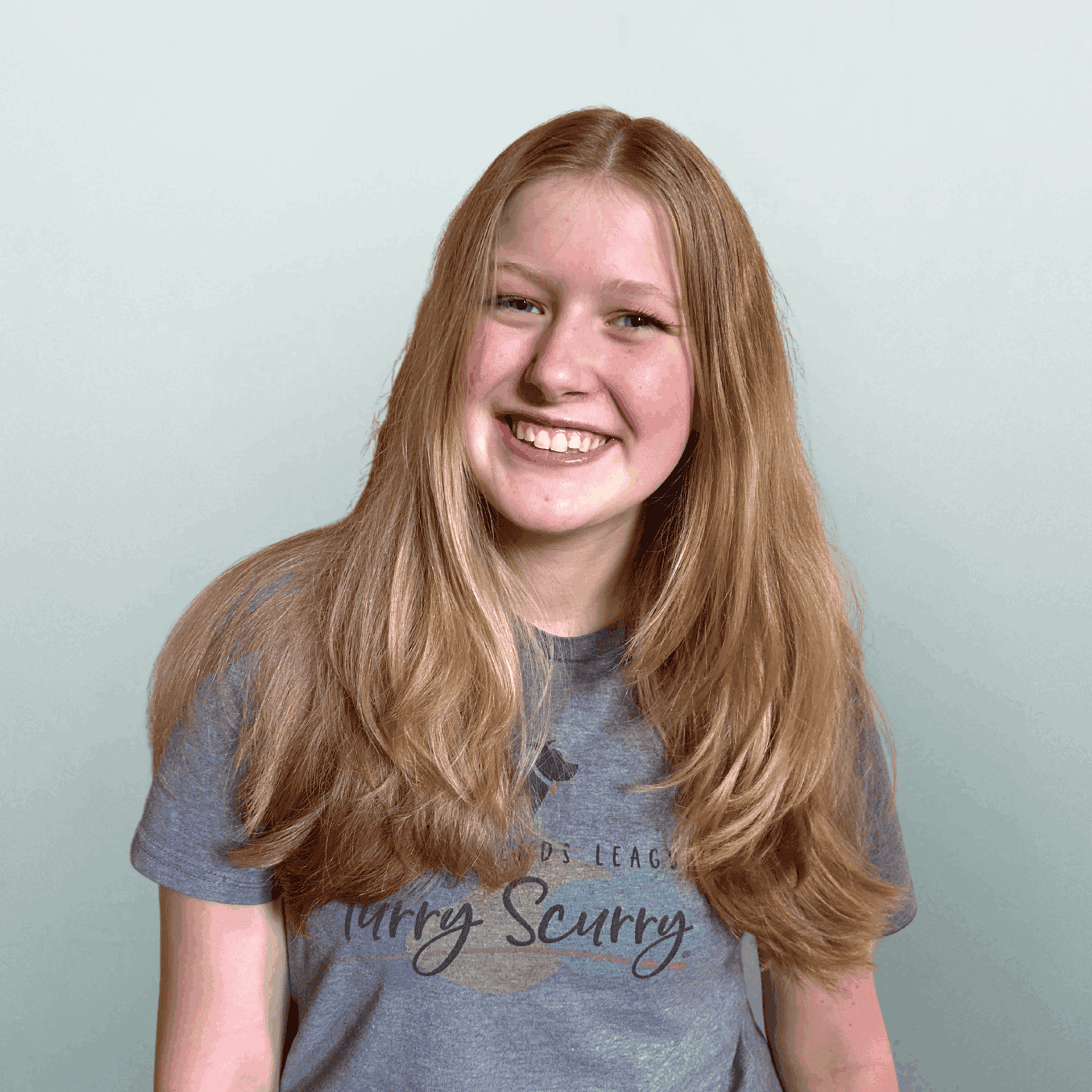 Lyd Lacey
Intern
Lyd Lacey
Intern
Lyd has dedicated herself to advocacy for the rare neuroimmune community after she was diagnosed with AFM in 2014. She first started volunteering with SRNA as a freshman in high school, and it soon became a huge part of her life. Now a rising senior, Lyd is interning with SRNA over the summer. In her free time, Lyd enjoys reading and writing poetry, spending time in the Colorado Rockies, and hanging out with her rescue cat, Belle.

Chitra’s journey with SRNA began in 2001 when she joined the newly formed Johns Hopkins Transverse Myelitis Center funded through a grant from SRNA. In 2004, she co-founded and led as Executive Director, an initiative called Project RESTORE at Hopkins, to expand institutional research and patient care out into the community and be a vehicle of change to transform the way diseases are traditionally studied. She currently serves as a member of the Board of Ambassadors of Project RESTORE. Prior to joining full-time as the Executive Director of SRNA, Chitra was the Director of Knowledge and Learning at Ashoka Changemakers, a non-profit that creates opportunities for organizations, corporations, and individuals to drive meaningful and measurable social change. She holds a Masters in Health Systems Management from the Johns Hopkins Bloomberg School of Public Health.

Debbie contracted TM in 1996 when she was 45 years old. At the time she and her husband owned a remodeling contracting firm. Through self-administered physical therapy (using her Jeep clutch and rubber bands for resistance), one year after she was diagnosed, Debbie was able to walk without assistance with minor balance problems. Her experience dealing with bad doctors and insurance companies in handling her treatment inspired Debbie to return to school to become a medical insurance biller. Ultimately she became a Medical Practice Administrator, which she has been for the past 15 years. Debbie found SRNA by typing “transverse myelitis” into the internet which connected her with Jim Lubin and the Transverse Myelitis Internet Club. Her involvement in the club led to her appointment as Secretary of the Association in 1997.

Mr. Downey currently works as a Partner in NewSpring Health Capital II, L.P. Mr. Downey was formerly Chairman and CEO of Barr Pharmaceuticals, Inc., a global specialty pharmaceutical company that operated in more than 30 countries worldwide. Prior to joining Barr, Downey was a capital partner in Winston & Strawn, and a predecessor firm, Bishop, Cook, Purcell and Reynolds. In 1979, he founded Baller & Downey, which later merged with Bishop, Cook, Purcell and Reynolds. Mr. Downey began his legal career in the Honors Program at the U.S. Department of Justice. He later worked as a Special Litigation Counsel at the U.S. Department of Energy. He also served on the Board of Editors of The Ohio State University Law Journal and was elected to the Order of the Coif. Mr. Downey is a former director of Warner Chilcott. In 2006 and 2007, Mr. Downey served as the Chairman of the Board for the Generic Pharmaceutical Association (GPhA). Mr. Downey is currently the Chair of the Board of Ambassadors for Johns Hopkins’ Project RESTORE, and he also serves on the Boards of Cardinal Health, Momenta Pharmaceuticals, and the Boards of three private pharmaceutical companies.
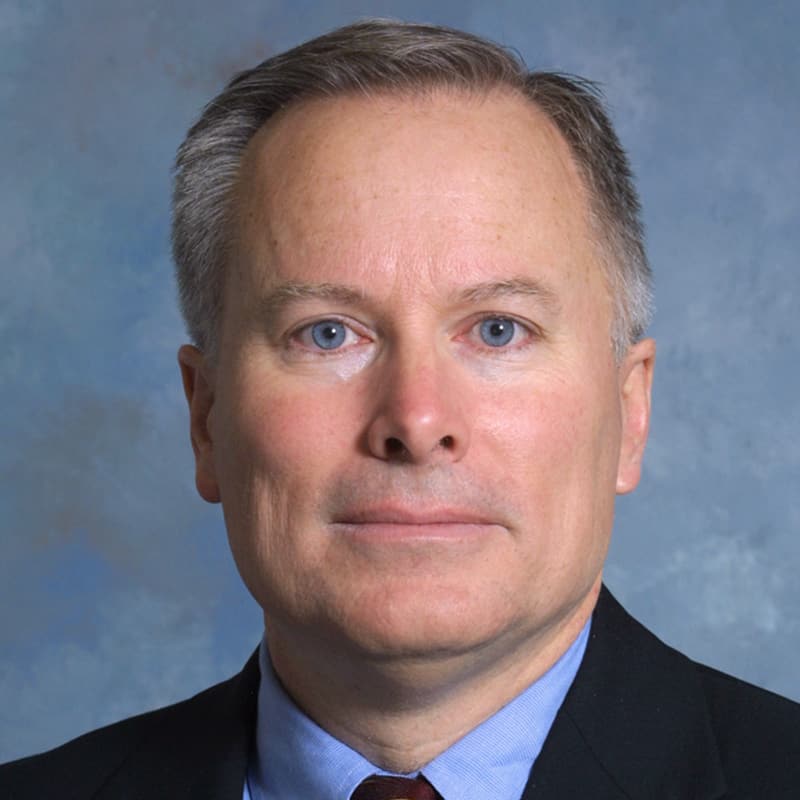
Dave Evans is an accomplished financial executive who has served as chief financial officer and board member of both public and privately held companies. Dave was Executive Vice President and Chief Financial Officer of the Scotts MiracleGro Company from 2006 to 2013. Dave’s responsibilities included strategy and business development. Subsequent to departing Scotts in 2013, Dave joined the Board of Directors of Scotts MiracleGro in 2018 and continues in that role today. Dave served as Executive Vice President and Chief Financial Officer of Battelle Memorial Institute, a private research and development organization, from 2013 to 2018. Dave oversaw the finance, strategy and IT functions at Battelle. Dave’s career at Battelle was interrupted by a sudden onset and diagnosis of Transverse Myelitis. After an absence from the work environment for intensive rehabilitation, Dave accepted a role as Interim Chief Financial Officer of Cardinal Health, a leading distributor of pharmaceuticals in North America and global manufacturer and distributor of medical and laboratory products. After the Interim CFO role was completed, Dave joined the Board of Directors of Cardinal Health in 2020 where he still serves.

Dr. Benjamin Greenberg received his Bachelor of Arts degree from Johns Hopkins University and his Masters Degree in Molecular Microbiology and Immunology from the Johns Hopkins School of Public Health in Baltimore, Maryland. He attended medical school at Baylor College of Medicine in Houston, Texas. He completed an internship in medicine at Rush Presbyterian-St. Lukes Medical Center in Chicago, Illinois before going on to his residency in neurology at The Johns Hopkins Hospital in Baltimore, MD. He then joined the faculty within the division of neuroimmunology at Hopkins and became the Co-Director of the Transverse Myelitis Center and Director of the Encephalitis Center. In January of 2009 he was recruited to the faculty at the University of Texas Southwestern Medical Center where he was named Director of the new Transverse Myelitis and Neuromyelitis Optica Program. That same year he established the Pediatric Demyelinating Disease Program at Children’s Medical Center Dallas. He now serves as the Director of the Perot Foundation Neurosciences Translational Research Center within the O’Donnell Brain Institute and Vice Chair of Translational Research for the Department of Neurology. Dr. Greenberg is recognized internationally as an expert in rare autoimmune disorders of the central nervous system (e.g., transverse myelitis, neuromyelitis optica spectrum disorder, ADEM and autoimmune encephalitis). He splits his clinical time between seeing both adult and pediatric patients. He routinely consults on the inpatient units of Clements University Hospital, Zale Lipshy, Parkland and Childrens Hospital. His research interests are in both the diagnosis and treatment of transverse myelitis, neuromyelitis optica spectrum disorders, anti-MOG Associated Disorder, ADEM, encephalitis, multiple sclerosis and infections of the nervous system. He is actively involved in developing better ways to diagnose and prognosticate for patients with these disorders. He has led an effort to improve biorepository development and has created uniform protocols for sample handling and analysis. As part of this initiative, his research has identified novel biomarkers that may be able to distinguish between patients with various neurologic disorders. He also coordinates trials that study new treatments to prevent neurologic damage and restore function to those who have already been affected.
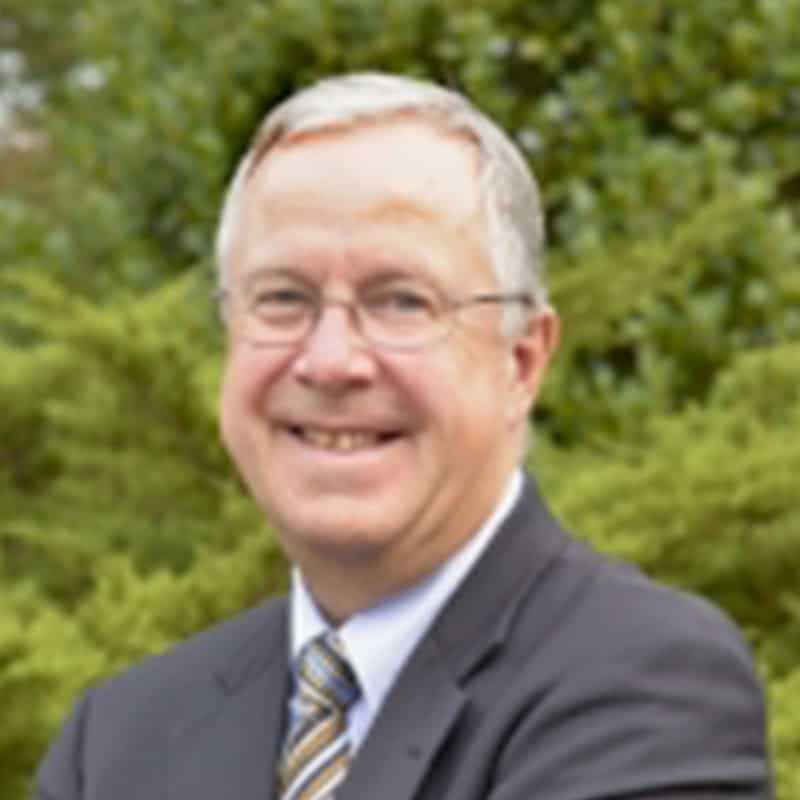
He is a University of Notre Dame and SUNY Upstate Medical University graduate. After General and Plastic Surgery training, Dr. Johnson practiced reconstructive surgery for ten years at the University of Pittsburgh where he founded and was the first President of the Pittsburgh Tissue Engineering Initiative. Subsequent roles were co-founder/CEO of Tissue Informatics, EVP of Life Sciences, CMO and CBO of Icoria, EVP, Entegrion, Inc. and VP, Research and Development and Medical and Scientific Affairs of Vancive Medical Technologies, an Avery Dennison business. He presently serves as President and CEO of Scintellix, LLC and Co-Founder and Partner of Oxford Oaks Distillery. He has Chaired the Plastic Surgery Research Council, was President of the Pennsylvania Biotechnology Association and the Tissue Engineering Society, International and sits on the Industrial Advisory Board of the UNC/NC State Joint Program in Bioengineering, the Board of the North Carolina Tissue Engineering and Regenerative Medicine Society, the Board of the Siegel Rare Neuroimmune Association, the Board of Plakous Therapeutics, Inc., the Board of Opsepio Therapeutics, Inc. and is Chairman of the Board at Cell X Technologies. He is an Adjunct Professor of Biomedical Engineering at the University of North Carolina at Chapel Hill, of Biomedical Engineering at NC State University and Duke University and of Regenerative Medicine at Wake Forest University School of Medicine.
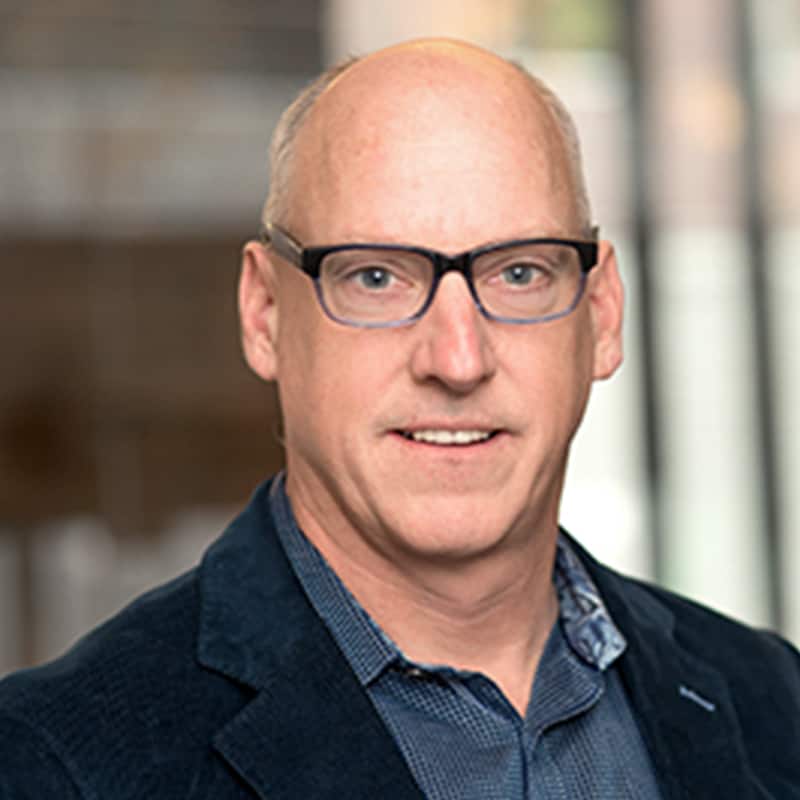
Doug is a venture partner at Atlas Venture with over 25 years of experience in the biotechnology industry and over 130 publications in medical journals. He has participated on the boards and SABs of several biotechnology companies including Disarm Therapeutics, Triplet Therapeutics and FAZE Medicines. From 2017 to 2023, he was an integral member of Generation Bio. Joining initially as the head of R&D/CSO and most recently as the Chief Medical Officer. Doug previously ran the neurodevelopmental and neuroscience franchises at Shire, and before that he held senior positions at Biogen where he was the global lead for a series of programs in Alzheimer’s disease, Amyotrophic Lateral Sclerosis (ALS) and Spinal Muscular Atrophy (SMA). Doug holds a B.S. from Princeton University and an MD/PhD program from Jefferson Medical College. He completed his neurology residency at Johns Hopkins School of Medicine and served on their faculty for 10 years.

Dr. Lana Harder is the Chief Neuropsychologist and Director of the Neuropsychology Service at Children’s Medical Center of Dallas (CMCD) and Associate Professor with joint faculty appointments in Psychiatry and Neurology at the University of Texas Southwestern (UTSW) Medical Center. Dr. Harder completed her doctoral training at the University of Texas at Austin, pre-doctoral internship at the Kennedy Krieger Institute and Johns Hopkins School of Medicine, and post-doctoral fellowship in Pediatric Neuropsychology at Texas Children’s Hospital and Baylor College of Medicine. She is board certified in Clinical Neuropsychology by the American Board of Professional Psychology with subspecialty certification in Pediatric Neuropsychology. Dr. Harder was a founding member and is the Co-Director of the CMCD Pediatric Demyelinating Diseases Program. Dr. Harder specializes in the neuropsychological evaluation of pediatric patients, from infancy to young adults, with disorders of the central nervous system. Research interests include cognitive and psychosocial outcomes for pediatric multiple sclerosis (MS), transverse myelitis (TM), acute disseminated encephalomyelitis (ADEM), optic neuritis (ON), and neuromyelitis optica spectrum disorder (NMOSD).

Jim was diagnosed with TM in 1989 when he was 21. Jim is a C2 quadriplegic, paralyzed from the neck down and ventilator dependent. In 1996 Jim started the Transverse Myelitis Internet Club email list-group to connect people with TM. Jim was the New Mobility Magazine’s 1998 Person of the Year. Jim performed all of the Internet and web site work for SRNA prior to 2012. Jim has been written about extensively in books and magazines. He is an inspiration for everyone in the TM community and for everyone who knows him.

Linda Malecky received her MBA from Pennsylvania State University before working for 15 years in corporate finance. She is now a full-time mother to three children. In addition to her responsibilities as Treasurer of SRNA, she hopes to be an effective advocate for children with TM, ADEM, NMO, and ON.

Dr. Pardo is Professor of Neurology and Pathology, Division of Neuroimmunology and Neuroinfectious Disorders and Director of the Johns Hopkins Myelitis and Myelopathy Center at Johns Hopkins University School of Medicine in Baltimore, Maryland. He is the principal investigator of the Neuroimmunopathology Laboratory, member of the HIV Neurosciences Research Group and clinical neurologist at the Multiple Sclerosis and Transverse Myelitis Centers at Johns Hopkins Hospital. His clinical specialization is on neuroimmunological and Infectious disorders of the nervous system, with particular focus on multiple sclerosis, transverse myelitis, neurosarcoidosis, and neurological complications of autoimmune disorders.
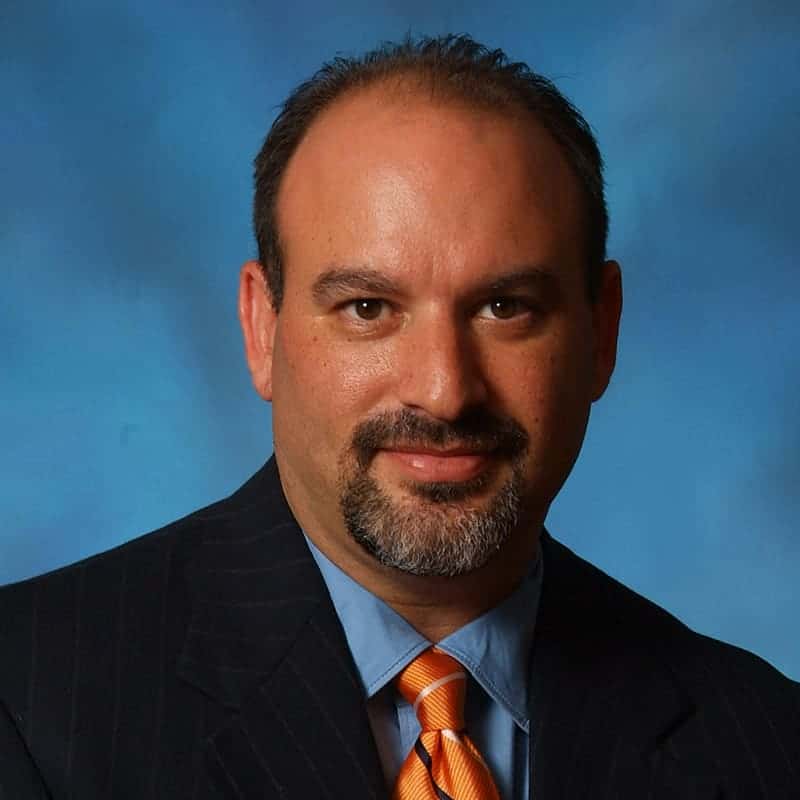
Jason Robbins is a graduate of the University of Florida and St. Thomas University School of Law where he earned his Juris Doctorate. He is a member of the Florida Bar, American Bar Association and the Florida Worker’s Compensation Section of the Florida Bar. In November 2011, Jason and Tina’s 10-year-old daughter, Sarah, was diagnosed with Transverse Myelitis. Sarah is a fighter and has been unwavering in her fight to get her lower body and legs moving again. She serves as an inspiration to Jason, his wife Tina and the family.
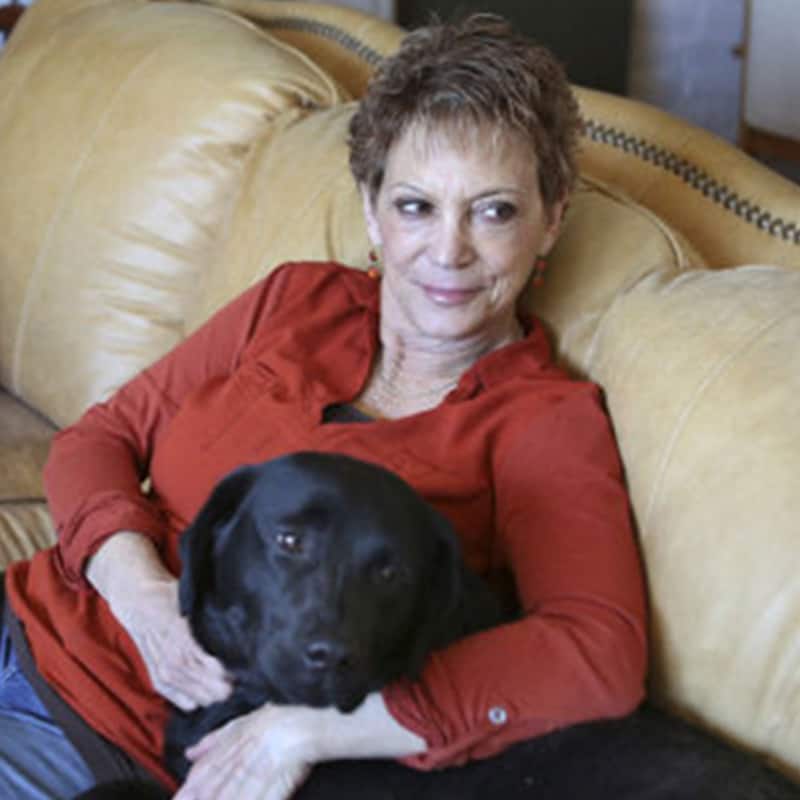
After receiving a BA in history and sociology from University of Denver and an MA in sociology from University of Arizona, Barbara, at the age of 29, decided to attend law school. Following law school graduation from the University of Arizona School of Law in 1981, she worked at a public defender’s office for six years as a trial attorney where she tried over 50 cases and won a first-degree murder case. She then entered into private practice in criminal law, where she worked for the next 11 years. After taking time off for her son, she was recruited to be a city court magistrate in Tucson, Arizona. During her six years as a magistrate, Barbara contracted Transverse Myelitis. She took four months to recover before returning to work and was later appointed to the superior court bench. Barbara retired in 2008. Since retirement, she has written a novel and has committed the publication’s proceeds to SRNA. She is currently working on her second novel.

Sandy got involved with SRNA shortly after his wife, Pauline, contracted TM in 1994 at the age of 35. At the time of her onset, Pauline was a kindergarten teacher. Sandy has been an officer and a board member of SRNA since its inception. Sandy has also served as SRNA’s newsletter and journal editor during his more than two decades of service to the organization. Sandy is a cultural anthropologist with specializations in Native Americans, psychological anthropology and culture change. Sandy has worked as an adjunct professor at Capital University, Franklin University, the Urban/Rural Program of the College of Great Falls, and the Intertribal Education Center of the Fort Belknap Reservation. Sandy retired from the State of Ohio in 2011 after more than 35 years of service. Sandy returned to college in the fall of 2011 and is a photography student at Columbus State Community College. Sandy and Pauline have two sons, four grandsons and one granddaughter.

Dennis P Wolf is an accomplished financial executive who has been the Chief Financial Officer of several public technology companies including Centigram Communications, Credence Systems, DataStax, Fusion-io Multi-systems, Hercules Technology Growth Capital, MySQL, AB, Omnicell and Redback Networks. Dennis took some of these companies public along with helping lead the acquisitions of some of these companies. Dennis has also served on eight boards as the Chairman of the Audit Committee and currently serves on the board of Codexis. Earlier in his career, he worked in senior financial roles at Apple, IBM and Sun Microsystems. Dennis holds a B.A. from the University of Colorado and an M.B.A. from the University of Denver.
An important aspect of Dennis’ life is that he is a survivor of 2 attacks of TM, with the first illness happening in 1992 while at the prime of his career.

Michael Levy, MD, PhD, is a neurologist with 10 years of clinical and research expertise in rare neuroimmunological disorders. Dr. Levy has recently been recruited to lead the research unit in Neuroimmunology at the Massachusetts General Hospital and Harvard Medical School. His mission is to build a combined clinical and research NMO program to develop therapies that impact patients’ daily lives.
In 2019, Dr. Levy moved from Baltimore, MD, where he has been on the faculty at Johns Hopkins University since 2009 and founding Director of the Neuromyelitis Optica Clinic. He first came to Hopkins after completing the MD/PhD program at Baylor College of Medicine (Houston, TX) for internship in the Osler Medicine program in 2004. He then completed his residency in the Johns Hopkins neurology program in 2005 and a fellowship in neuroimmunology in 2008.
Clinically, Dr. Levy manages over 500 patients with neuromyelitis optica (NMO), 80 with idiopathic transverse myelitis (TM), and 125 with MOG antibody disease. In addition to weekly clinics, Dr. Levy was the principal investigator on the three sponsored clinical trials for NMO and has also conducted three investigator-initiated trials for acute treatment of NMO relapses. Launching in 2022, Dr. Levy is the lead principal investigator for the two worldwide clinical trials in MOG antibody disease. In the lab, Dr. Levy’s research focuses on the development of animal models of NMO and MOG with the goal of tolerization as a sustainable long-term treatment.
Dr. Levy has more than 100 peer-reviewed research articles, reviews and editorials, and 3 patents covering NMO tolerization therapy, TM diagnostics and stem cell regeneration approaches. Dr. Levy is currently the chief editor at Multiple Sclerosis and Related Disorders and sits on the editorial board for Journal of Neurological Diseases, and on scientific advisory boards for Alexion, Horizon, Genentech, UCB and Sanofi.
The medical professionals on our Medical and Scientific Council provide critical advice and direction regarding SRNA’s goals, programs, and policies. They help advance our understanding of these rare neuroimmune disorders by conducting research, sharing the latest research in SRNA blog and newsletters, participating as experts in podcasts, reviewing grant applications and participating in education symposia and workshops.
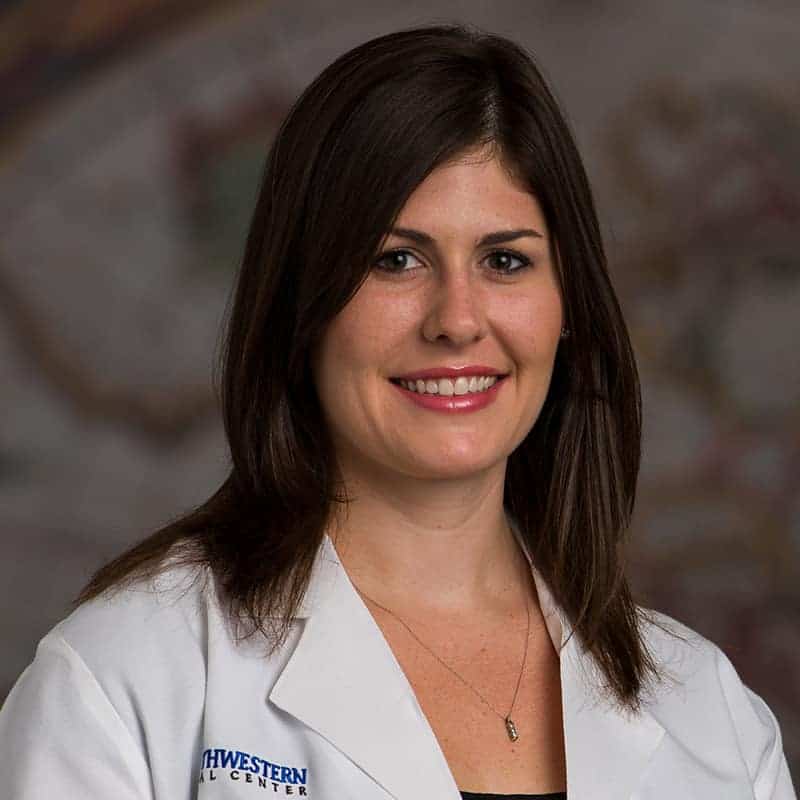
Registered Nurse at UT Southwestern Medical Center
Audrey Ayres, RN completed the degree of Bachelor of Science in Nursing at the University of Texas Medical Branch in Galveston, TX. She began her career in the Surgical Intensive Care Unit at UTMB in Galveston. Later she moved to Miami, FL to work at Jackson Memorial Hospital in the Transplant and Cardiothoracic Surgical ICU. She then returned to Texas and worked at Baylor University Medical Center in the Cardiovascular ICU and was the nursing educator for the Cardiothoracic Intensive Care Unit and Coronary Care Unit.
Audrey joined the Multiple Sclerosis and Neuroimmunology Program at the University of Texas Southwestern Medical Center in February of 2012, taking the role of primary nurse for the Pediatric Demyelinating Disease Clinic at Children’s Medical Center Dallas. Along with her role as clinical nurse for adult and pediatric patients, she is also the coordinator of the Pediatric Demyelinating Disease Program.
Audrey completed the Linda Morgante Nurse Leadership in Multiple Sclerosis Program and was certified as a Multiple Sclerosis Certified Nurse in 2013. In partnership with the Consortium of MS Centers, Audrey has led a board of Neuroimmunology specialists to create the certification examination in rare neurologic disorders (CRND). She is dedicated to the care of people with rare neuroimmune disorders and their families.
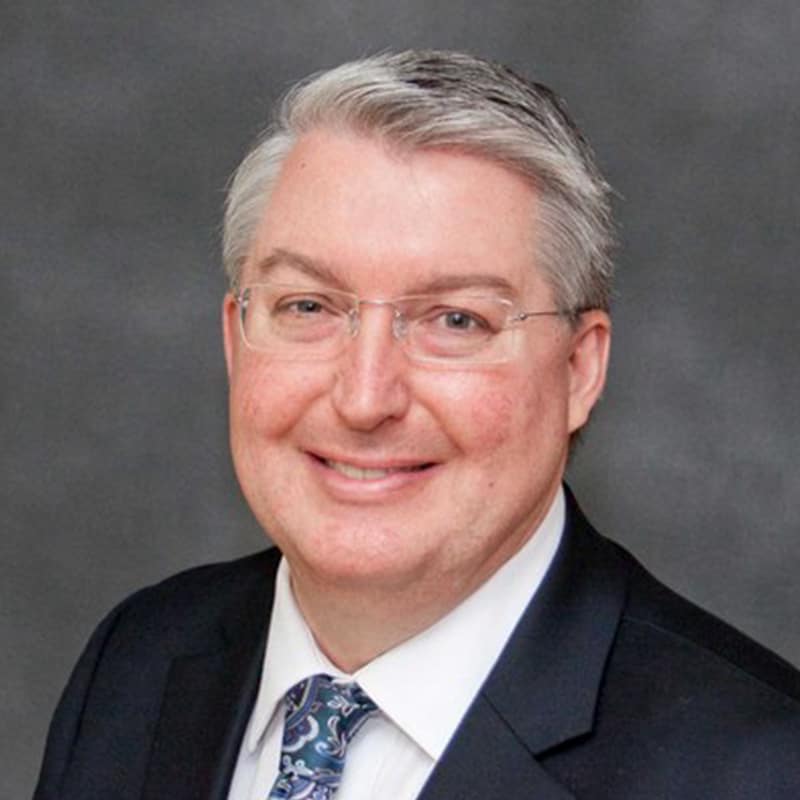
Assistant Professor of Neurology and Pediatrics at Vanderbilt Kennedy Center, Vanderbilt University School of Medicine, Nashville, TN.
Gregory Barnes’s research focus is the genetics of guidance cues influencing interneuron circuitry during development, and as a result, impacting neurological symptoms in children with neurodevelopmental disorders. His interests have created a truly translational research program to model epilepsy and neurodevelopmental disorders.

Professor of Neurology, Perelman School of Medicine at the University of Pennsylvania, Philadelphia, PA
Dr. Banwell graduated with a degree in medicine from The University of Western Ontario in 1991. She pursued a residency in pediatrics at The Hospital of Western Ontario, University of Western Ontario, from 1991-1994 and a pediatric neurology residency at The Hospital for Sick Children, University of Toronto from 1994-1997. Dr. Banwell then spent two years completing a neuromuscular disease fellowship at the Mayo Clinic, Rochester, Minnesota. In 1999, Dr. Banwell was appointed as an assistant professor of pediatrics (neurology) at the Hospital for Sick Children and University of Toronto. She was promoted to associate professor in 2006 and full professor in 2012. As of July 1, 2012, Dr. Banwell has taken on the role of chief of neurology at The Children’s Hospital of Philadelphia. Dr. Banwell’s clinical and research interests are in pediatric multiple sclerosis and other inflammatory brain disorders.
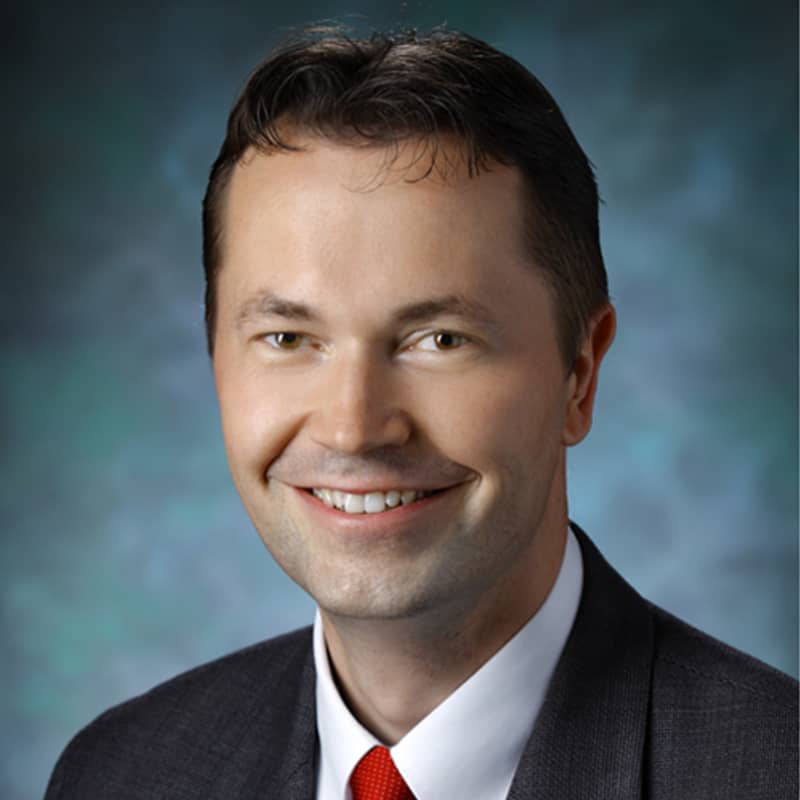
Director & Founder, International Neurorehabilitation Institute
Assistant Professor of Neurology, The Johns Hopkins University School of Medicine, Baltimore, MD
A board-certified neurologist, spinal cord injury medicine specialist and disability analyst, Dr. Becker is the former director of the Pediatric Spinal Cord Injury Unit at the International Center for Spinal Cord Injury at Kennedy Krieger Institute in Baltimore, Maryland. After earning his medical degree from Ruprecht Karls University in Heidelberg, Germany, Dr. Becker completed his residency training at Vanderbilt University Medical Center in Nashville, Tennessee, followed by a fellowship in spinal cord injury medicine at the Johns Hopkins School of Medicine. He is currently part of the Johns Hopkins Neurophysiology Intraoperative Monitoring Division and an assistant professor of neurology at the Johns Hopkins School of Medicine. Dr. Becker is also a member of the American Academy of Neurology, as well as a world-renowned expert in the treatment of transverse myelitis.
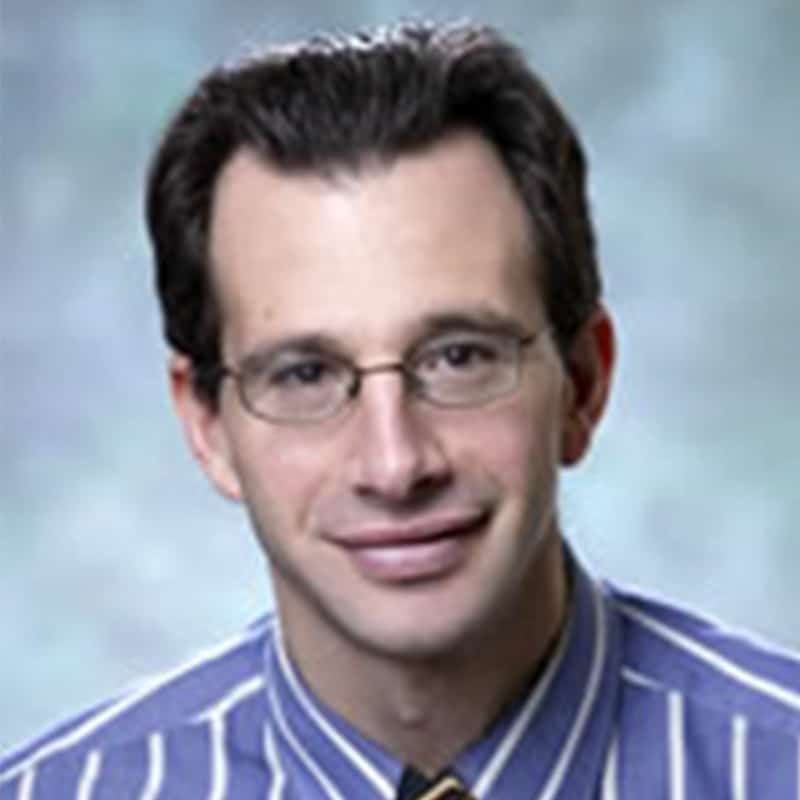
Assistant Professor of Medicine, Division of Rheumatology Assistant Professor of Neurology, Baltimore, MD
Dr. Julius Birnbaum received his M.D. from Columbia College of Physicians and Surgeons. He completed his Residency in Neurology at Mount Sinai Medical Center, New York. He then returned to complete a full Residency in Internal Medicine at Jacobi Medical Center; Bronx, NY. He is in his final year of a Rheumatology Fellowship at Johns Hopkins Hospital. He earned his Masters in Clinical Investigation at the Bloomberg School of Public Health, Johns Hopkins. Dr Birnbaum has the unique expertise of rheumatology and neuroimmunology, as he was trained in both specialties. Dr Birnbaum focuses on patients who have transverse myelitis as a result of some underlying rheumatologic conditions, such as Sjogren’s disease or systemic lupus erythematous.

Medical Director, Multiple Sclerosis Center at Swedish Neuroscience Institute, Seattle, WA
Dr. Bowen received his bachelor of science degree in chemistry from Eastern New Mexico University and his medical degree from The Johns Hopkins University School of Medicine. He completed residencies in internal medicine and neurology at the University of Washington. He is board certified in neurology, and has taught in the departments of both Neurology and Rehabilitation Medicine at the UW. His research interests include clinical trials of treatments for MS, aging issues in MS, and the immunology, virology and genetics of the disease.
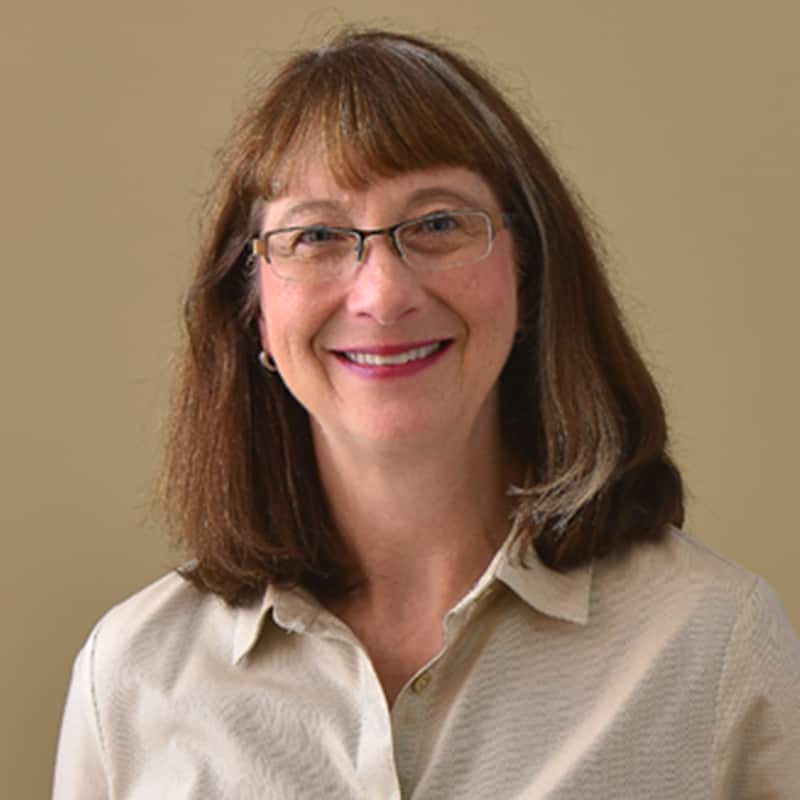
Pediatric Nurse Practitioner at the International Center for Spinal Cord Injury at the Kennedy Krieger Institute and Assistant Professor in the Physical Medicine and Rehabilitation department at John Hopkins University School of Medicine, Baltimore, MD
Ms. Janet Dean is a board certified Pediatric Nurse Practitioner at the Kennedy Krieger Institute in Baltimore Maryland. She is also a Certified Rehabilitation Registered Nurse and Assistant Professor in the Physical Medicine and Rehabilitation department at John Hopkins University School of Medicine. She attended nursing school at the University of Michigan, completing a Master’s Degree in Parent-Child Nursing. Ms. Dean has over thirty years of experience in the specialty of pediatric rehabilitation. As a nurse practitioner, Ms. Dean specializes in the prevention and treatment of the common health consequences of neuroimmunologic conditions. The focus of her practice is on health promotion and health maintenance throughout the child’s life span. The development and implementation of a home, activity based rehabilitation program is important for achieving this goal. Ms. Dean has special interest and expertise in the evaluation and treatment of very young children with neuroimmunologic conditions and children requiring ventilator assistance. She is also interested in the assisting adolescents with neuroimmunologic condition transition to adulthood.
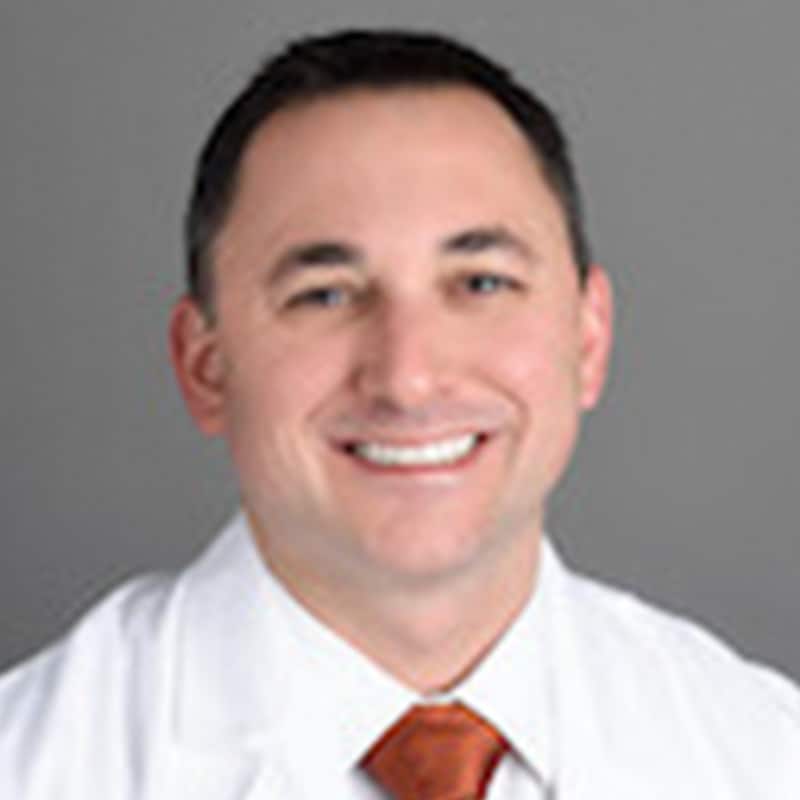
Department of Neurology at Carolinas HealthCare System Neurosciences Institute-Neurology, Charlotte, North Carolina
Dr. Allen DeSena attended medical school at Loyola-Stritch School of Medicine in Maywood, IL, located in the greater Chicago area. From there, he went on to complete a residency in general pediatrics in New Orleans, LA at the Tulane-Ochsner pediatric program, and he earned his board certification in general pediatrics in 2009. Following his general pediatrics training, he moved to Dallas, TX, where he completed a residency in pediatric neurology at UT-Southwestern Medical Center in conjunction with Children’s Medical Center-Dallas and Parkland Memorial Hospital. During that time, his interest in transverse myelitis and other neuroimmune disorders blossomed, and he pursued further training in those areas. In 2012, he was the recipient of the first James T. Lubin fellowship award from SRNA to pursue a clinical and research career in transverse myelitis and other related disorders mentored by Dr. Benjamin Greenberg, Director of the TM and NMO Centers at UTSW in Dallas. He was the first pediatric neurology fellow to study the rare spectrum of neuro-immunological disorders, with a particular focus on Transverse Myelitis. Prior to his current position, he was an Assistant Professor in the University of Cincinnati Department of Neurology and Rehabilitation Medicine in Ohio. Currently, Dr. DeSena practices in Charlotte, NC at Atrium Health.

Lecturer in Immunology at Queen’s University Belfast, Northern Ireland, UK
Denise completed her B.Sc. in Cell Biology and Molecular Genetics at University College Dublin (1996-2000) where she then went on to pursue her PhD in Immunology under the mentorship of Prof. Alan Baird. During this time Denise developed a keen interest in demyelinating diseases of the CNS (as a result of being diagnosed with acute Transverse Myelitis in 2001!) and in 2004 she moved to Thomas Jefferson University, Philadelphia to pursue postdoctoral training in MS research. During that time, Denise was awarded a 3-year postdoctoral fellowship from the National Multiple Sclerosis Society (USA) which supported her commitment to researching CNS demyelination. In 2009, Denise moved to Queen’s University Belfast to start her own independent research group within the Centre for Infection and Immunity where she is currently a Lecturer in Immunology. Her group runs two programs of research focusing mechanisms of myelin damage (demyelination) and repair (remyelination) in the CNS. Further details can be found here: https://go.qub.ac.uk/FitzgeraldGroup
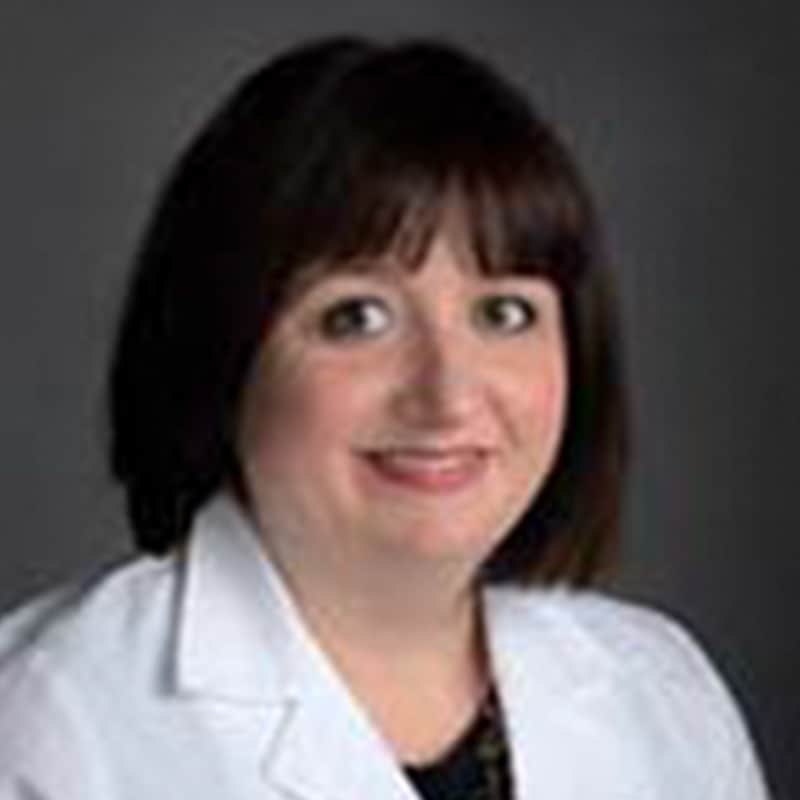
Assistant Professor, Neurology and Neurotherapeutics, Carolinas Medical Center, Charlotte, NC
Dr. Donna Graves recently joined the Department of Neurology at Carolinas Medical Center in Charlotte, North Carolina where she cares for adults and pediatric patients with demyelinating diseases, including multiple sclerosis, transverse myelitis, and neuromyelitis optica as well as other rare neuroimmunologic diseases. She attended medical school at Mercer University School of Medicine in Macon, Georgia. She completed her neurology residency training at Saint Louis University. Following residency, she moved to Dallas Texas where she completed fellowship training in neuroimmunology focusing on both adult and pediatric demyelinating diseases.
Dr. Graves has a clinical practice at Carolinas Medical Center where she focuses on patient care but also is active in clinical research. She serves as an investigator for several clinical trials. She also serves as chair of the Neurology Research Committee at CMC.
Dr. Graves is a member of the American Academy of Neurology and Consortium of Multiple Sclerosis Centers. She serves as reviewer for several peer-reviewed journals. Her clinical interests focus on rare neuroimmunologic diseases and pediatric demyelinating diseases.

Professor at UT Southwestern Medical Center. Director of the Transverse Myelitis and Neuromyelitis Optica Program, Dallas, TX, Director, Pediatric CONQUER Program, Childrens Health
Dr. Benjamin Greenberg received his Bachelor of Arts degree from Johns Hopkins University and his Masters Degree in Molecular Microbiology and Immunology from the Johns Hopkins School of Public Health in Baltimore, Maryland. He attended medical school at Baylor College of Medicine in Houston, Texas. He completed an internship in medicine at Rush Presbyterian-St. Lukes Medical Center in Chicago, Illinois before going on to his residency in neurology at The Johns Hopkins Hospital in Baltimore, MD. He then joined the faculty within the division of neuroimmunology at Hopkins and became the Co-Director of the Transverse Myelitis Center and Director of the Encephalitis Center. In January of 2009 he was recruited to the faculty at the University of Texas Southwestern Medical Center where he was named Director of the new Transverse Myelitis and Neuromyelitis Optica Program. That same year he established the Pediatric Demyelinating Disease Program at Children’s Medical Center Dallas. He now serves as the Director of the Perot Foundation Neurosciences Translational Research Center within the O’Donnell Brain Institute and Vice Chair of Translational Research for the Department of Neurology. Dr. Greenberg is recognized internationally as an expert in rare autoimmune disorders of the central nervous system (e.g., transverse myelitis, neuromyelitis optica spectrum disorder, ADEM and autoimmune encephalitis). He splits his clinical time between seeing both adult and pediatric patients. He routinely consults on the inpatient units of Clements University Hospital, Zale Lipshy, Parkland and Childrens Hospital. His research interests are in both the diagnosis and treatment of transverse myelitis, neuromyelitis optica spectrum disorders, anti-MOG Associated Disorder, ADEM, encephalitis, multiple sclerosis and infections of the nervous system. He is actively involved in developing better ways to diagnose and prognosticate for patients with these disorders. He has led an effort to improve biorepository development and has created uniform protocols for sample handling and analysis. As part of this initiative, his research has identified novel biomarkers that may be able to distinguish between patients with various neurologic disorders. He also coordinates trials that study new treatments to prevent neurologic damage and restore function to those who have already been affected.

Children’s Chief Neuropsychologist and Director of the Neuropsychology Service, Dallas, TX
Dr. Lana Harder is a Children’s Chief Neuropsychologist and Director of the Neuropsychology Service at the University of Texas Southwestern (UTSW) Medical Center. Dr. Harder completed her doctoral training at the University of Texas at Austin, pre-doctoral internship at the Kennedy Krieger Institute and Johns Hopkins School of Medicine, and post-doctoral fellowship in Pediatric Neuropsychology at Texas Children’s Hospital and Baylor College of Medicine. She is board certified in Clinical Neuropsychology by the American Board of Professional Psychology with subspecialty certification in Pediatric Neuropsychology. Dr. Harder was a founding member and is the Co-Director of the CMCD Pediatric Demyelinating Diseases Program. Dr. Harder specializes in the neuropsychological evaluation of pediatric patients, from infancy to young adults, with disorders of the central nervous system. Research interests include cognitive and psychosocial outcomes for pediatric multiple sclerosis (MS), transverse myelitis (TM), acute disseminated encephalomyelitis (ADEM), optic neuritis (ON), and neuromyelitis optica spectrum disorder (NMOSD).

Staff Physician in the Neurological Institute and Director of Multiple Sclerosis and Autoimmune Neurology at Cleveland Clinic Abu Dhabi
Dr. Anu Jacob, MD, DM, FRCP, is a Staff Physician in the Neurological Institute and Director of Multiple Sclerosis and Autoimmune Neurology at Cleveland Clinic Abu Dhabi. Prior to joining Cleveland Clinic Abu Dhabi, Dr. Jacob was a consultant neurologist at the Walton Center for neurology and neurosurgery in Liverpool, United Kingdom. Dr. Jacob received his medical degree and internal medicine residency from Jawaharlal Institute of Postgraduate Medical Education and Research, India and neurological certification (DM) training at Sri Chitra Tirunal Institute, Thiruvananthapuram, India. He received his Membership of the Royal College of Physicians and Neurology Board certification in the UK and completed his fellowship in Multiple Sclerosis and Neuromyelitis Optica at Mayo Clinic, Rochester, Minnesota.
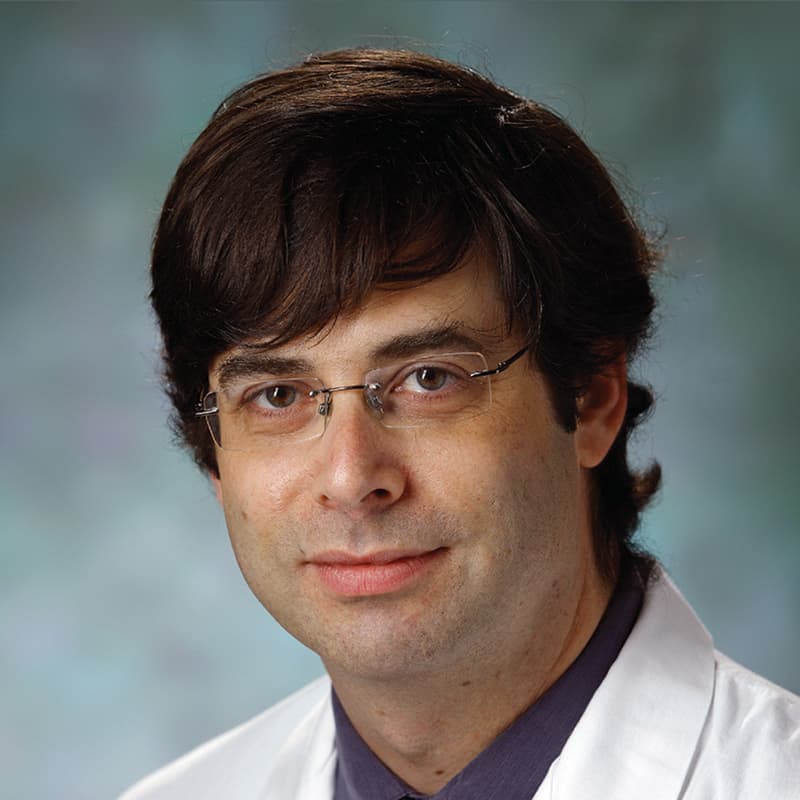
Assistant Professor of Psychiatry and Neurology and Chief Psychiatric Consultant at the Johns Hopkins Multiple Sclerosis and Transverse Myelitis Centers at Johns Hopkins Hospital, Baltimore, MD
Adam Kaplin, MD, PhD is the Principle Psychiatric Consultant to the Johns Hopkins Multiple Sclerosis and Transverse Myelitis Centers of Excellence. He is a Yale Undergraduate and Johns Hopkins School of Medicine trained Neuropsychiatrist who runs the MS and TM Neuropsychiatric Consultation Clinic, does research on the biological basis of mood disorders and cognitive impairment in CNS autoimmune disorders, and investigates novel therapies for patients suffering from CNS autoimmune diseases. He also works at Johns Hopkins to develop and improve technological innovations to enhance psychiatric care and decrease stigma surrounding mental illness.

Venture Partner, Atlas Venture
Doug is a venture partner with over 25 years of experience in the biotechnology industry and over 130 publications in medical journals. He has participated on the boards and SABs of several biotechnology companies including Disarm Therapeutics, Triplet Therapeutics and FAZE Medicines. From 2017 to 2023, he was an integral member of Generation Bio. Joining initially as the head of R&D/CSO and most recently as the Chief Medical Officer. Doug previously ran the neurodevelopmental and neuroscience franchises at Shire, and before that he held senior positions at Biogen where he was the global lead for a series of programs in Alzheimer’s disease, Amyotrophic Lateral Sclerosis (ALS) and Spinal Muscular Atrophy (SMA). Doug holds a B.S. from Princeton University and an MD/PhD program from Jefferson Medical College. He completed his neurology residency at Johns Hopkins School of Medicine and served on their faculty for 10 years.
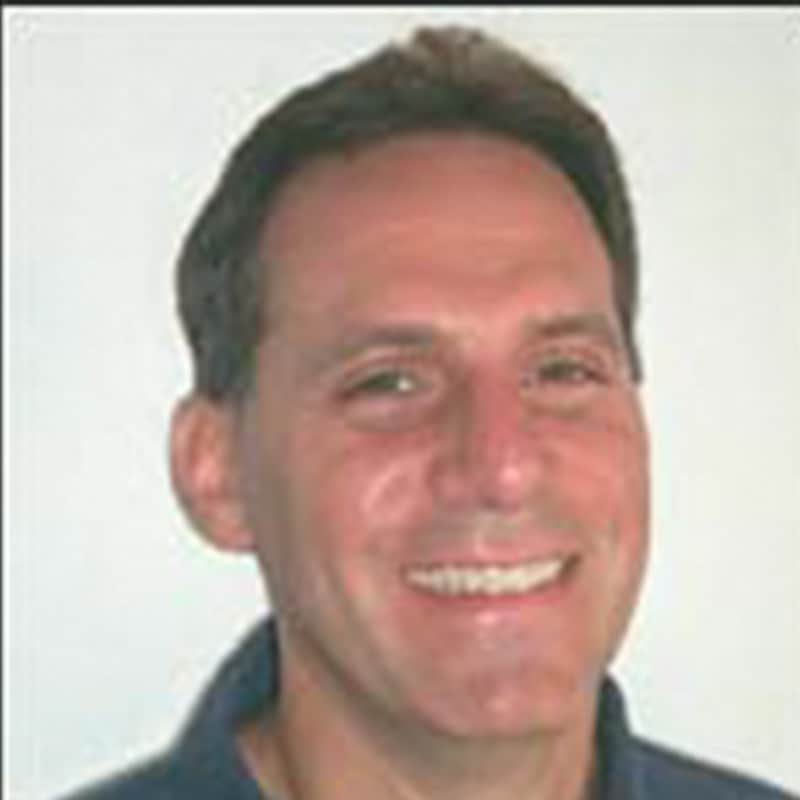
Chief, Physical Medicine and Rehabilitation Service, North Florida/South Georgia Veterans Health Service Associate Professor, Occupational Therapy, University of Florida, Gainesville, FL
Charles E. Levy, MD is the Chief of the Physical Medicine and Rehabilitation Service, and Associate Director of the Rehabilitation Outcomes Research Center at North Florida/South Georgia Veterans Health System (NF/SG VHS) and is an adjunct Associate Professor, Dept. of Occupational Therapy, College of Public Health and Health Professions, University of Florida. In addition, Dr. Levy is the Principal Investigator of Virtual Environments for Therapeutic Solutions (VETS) MTBI/PTSD Phase II. Ongoing interests include wheeled mobility, and the use of interactive virtual world environments and virtual humans to treat cognitive and affective impairments in returning combat veterans. Dr. Levy is also active as Chairman of the Advisory Board for the Center for Arts in Healthcare, Research and Education at the University of Florida, and a Charter Member of the Advisory Board for the College of Orthotics and Prosthetics at St. Petersburg College.

Associate Neurologist at Massachusetts General Hospital and Harvard Medical School in Boston, MA
Michael Levy, MD, PhD, is a neurologist with 10 years of clinical and research expertise in rare neuroimmunological disorders. Dr. Levy has recently been recruited to lead the research unit in Neuroimmunology at the Massachusetts General Hospital and Harvard Medical School. His mission is to build a combined clinical and research NMO program to develop therapies that impact patients’ daily lives.
In 2019, Dr. Levy moved from Baltimore, MD, where he has been on the faculty at Johns Hopkins University since 2009 and founding Director of the Neuromyelitis Optica Clinic. He first came to Hopkins after completing the MD/PhD program at Baylor College of Medicine (Houston, TX) for internship in the Osler Medicine program in 2004. He then completed his residency in the Johns Hopkins neurology program in 2005 and a fellowship in neuroimmunology in 2008.
Clinically, Dr. Levy manages over 500 patients with neuromyelitis optica (NMO), 80 with idiopathic transverse myelitis (TM), and 125 with MOG antibody disease. In addition to weekly clinics, Dr. Levy was the principal investigator on the three sponsored clinical trials for NMO and has also conducted three investigator-initiated trials for acute treatment of NMO relapses. Launching in 2022, Dr. Levy is the lead principal investigator for the two worldwide clinical trials in MOG antibody disease. In the lab, Dr. Levy’s research focuses on the development of animal models of NMO and MOG with the goal of tolerization as a sustainable long-term treatment.
Dr. Levy has more than 100 peer-reviewed research articles, reviews and editorials, and 3 patents covering NMO tolerization therapy, TM diagnostics and stem cell regeneration approaches. Dr. Levy is currently the chief editor at Multiple Sclerosis and Related Disorders and sits on the editorial board for Journal of Neurological Diseases, and on scientific advisory boards for Alexion, Horizon, Genentech, UCB and Sanofi.
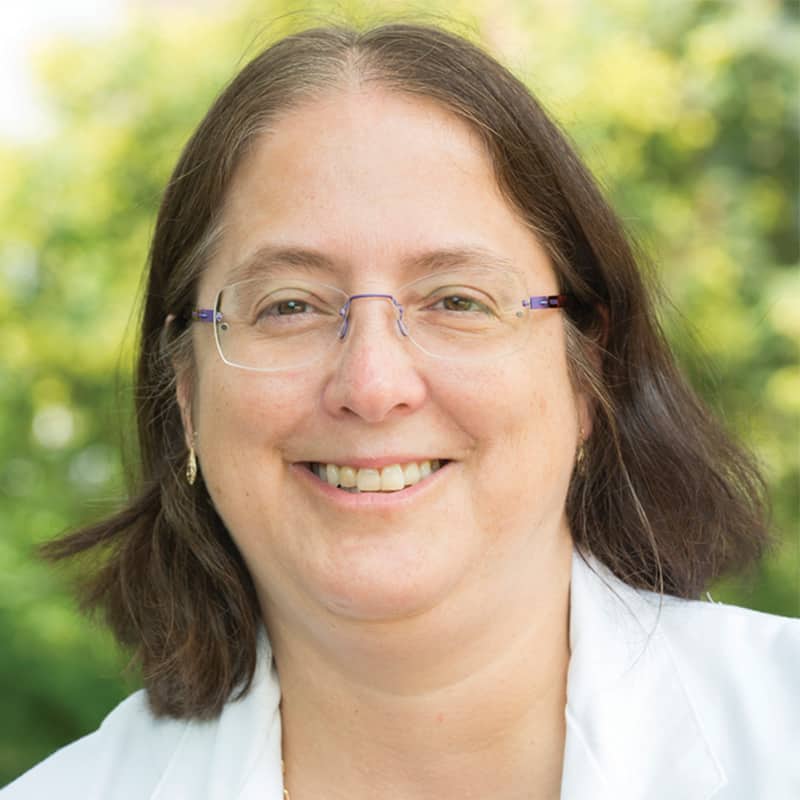
Associate Professor of Neurology and a staff neurologist in the Neuroimmunology division at The Ohio State University College of Medicine, Columbus, OH
Dr. Joanne Lynn is currently Associate Professor of Neurology and a staff neurologist in the Neuroimmunology division. She received her undergraduate degree at Amherst College in Amherst, Massachusetts. She graduated from The Ohio State University College of Medicine in 1984, and completed residencies in internal medicine and neurology at Strong Memorial Hospital in Rochester, New York. She returned to The Ohio State University for two years of neuromuscular fellowship and has been on the medical staff at The Ohio State University since 1992. Dr. Lynn, named one of the “Best Doctors in America” in 2005, is board certified in Internal Medicine and Neurology. Dr. Lynn’s primary clinical and research interest is multiple sclerosis and she has participated in studies of disease modifying and symptomatic therapies for MS.

Medical Affairs Manager, Viela Bio, Gaithersburg, MD
Maureen A. Mealy, PhD, has longstanding clinical and research expertise in rare immune-mediated diseases of the central nervous system, including neuromyelitis optica (NMO) and transverse myelitis (TM), having worked at Johns Hopkins for most of her career with Drs. Michael Levy, Carlos Pardo and Benjamin Greenberg. She acted as the Program Manager, Clinical Research Director, and Senior Nurse of the Johns Hopkins TM Center and NMO Clinic. Dr. Mealy has been involved in collaborative research investigations and data dissemination in over 30 peer-reviewed manuscripts. This sparked her passion and commitment to research and led to her decision to pursue her doctorate degree through the Johns Hopkins University. She recently completed her PhD under the mentorship of Dr. Levy, which focused on treatment of neuropathic pain in patients with NMO through a sham-controlled trial testing a novel type of transcutaneous electrical nerve stimulation call Scrambler Therapy. Neuropathic pain has been identified as a significant contributor to disability and poor quality of life in patients with NMO, and the pain associated with this disease is often intractable to treatment. Dr. Mealy is committed to developing a deeper understanding of and making a significant contribution toward alleviating the physical and emotional suffering of patients, thus enabling them to engage more fully in their lives.
Recently, she joined the team at Viela Bio, a biotech company that shares in her passion for advancing the treatment of NMO by selectively targeting critical pathways that are the root cause of the disease. As a Medical Science Liaison, she is deeply committed to sharing her clinical expertise in NMO with colleagues and health care providers, and is also dedicated to patient, family and community engagement and education.
Dr. Mealy is a Certified Rare Neuroimmunologic Disorder Specialist through the Consortium of Multiple Sclerosis Centers and serves on the Siegel Rare Neuroimmune Association Medical and Scientific Council and the Guthy Jackson Charitable Foundation International Clinical Consortium.

Professor of Neurology and Pathology, Division of Neuroimmunology and Neuroinfectious Disorders and Director of the Johns Hopkins Myelitis and Myelopathy Center at Johns Hopkins University School of Medicine in Baltimore, Maryland.
Dr. Pardo is a Professor of Neurology and Pathology, Division of Neuroimmunology and Neuroinfectious Disorders and Director of the Johns Hopkins Myelitis and Myelopathy Center at Johns Hopkins University School of Medicine in Baltimore, Maryland. He is the principal investigator of the Neuroimmunopathology Laboratory, member of the HIV Neurosciences Research Group and clinical neurologist at the Multiple Sclerosis and Transverse Myelitis Centers at Johns Hopkins Hospital. His clinical specialization is on neuroimmunological and Infectious disorders of the nervous system, with particular focus on multiple sclerosis, transverse myelitis, neurosarcoidosis, and neurological complications of autoimmune disorders.
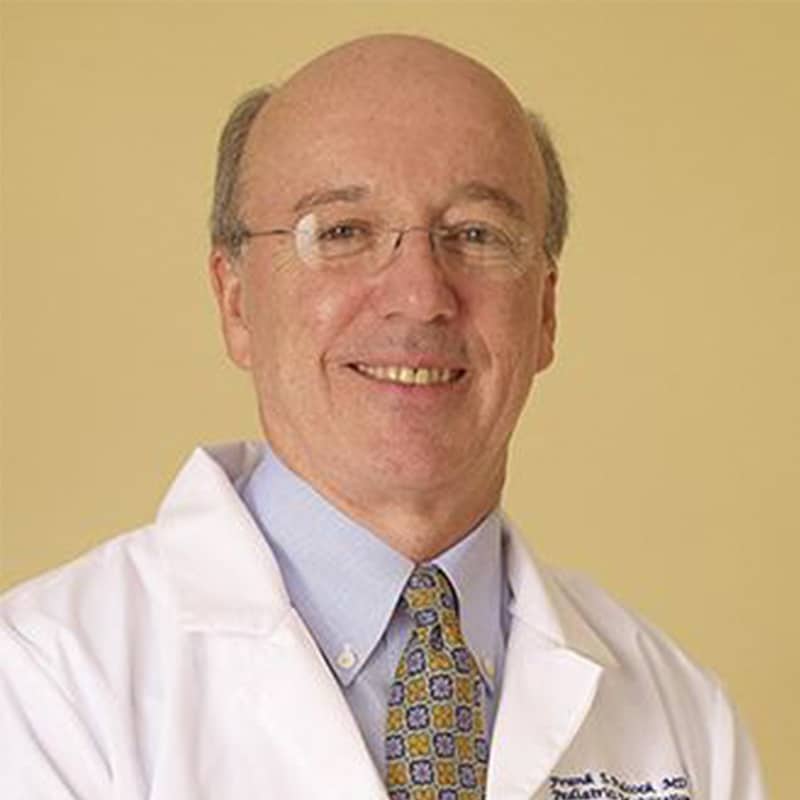
Associate Professor of Physical Medicine & Rehabilitation and Associate Professor of Pediatrics at Johns Hopkins School of Medicine and Associate Director of Rehabilitation at Kennedy Krieger Institute in Baltimore, MD
Dr. Pidcock is a graduate of Hahnemann Medical College (1977). He earned his undergraduate degree in Natural Sciences at the Johns Hopkins University (1973).
His clinical interests include the use of botulinum toxin injections to treat children with spasticity and the development of constraint induced therapies to improve the use of hemiparetic upper limbs. Other areas of interest for Dr. Pidcock include the rehabilitation of children with pediatric transverse myelitis and chronic graft vs. host disease.

Professor, Neurology and Head of the neuroimmunological department, Strasbourg hospital, France.
Dr. de Seze has a PhD in Immunology and specializes in MS, NMO, transverse myelitis and neuro-ophtalmology. He is also the head of the clinical research center (CIC) of the Strasbourg hospital, and a co-leader of the research team of biopathology of the myelin in the LINC (laboratory of imaging and neurocognitive sciences from the CNRS, national center of scientific research). Dr. deSeze’s main research interest is in inflammatory and autoimmune diseases of CNS and PNS and Neuro-ophtalmology. He has published more than 200 papers. He is also the vice president of the Club Francophone de la sclerose en plaques (MS French society) and a member of the French neurological society and the French neuro-ophthalmological club (CNOF).
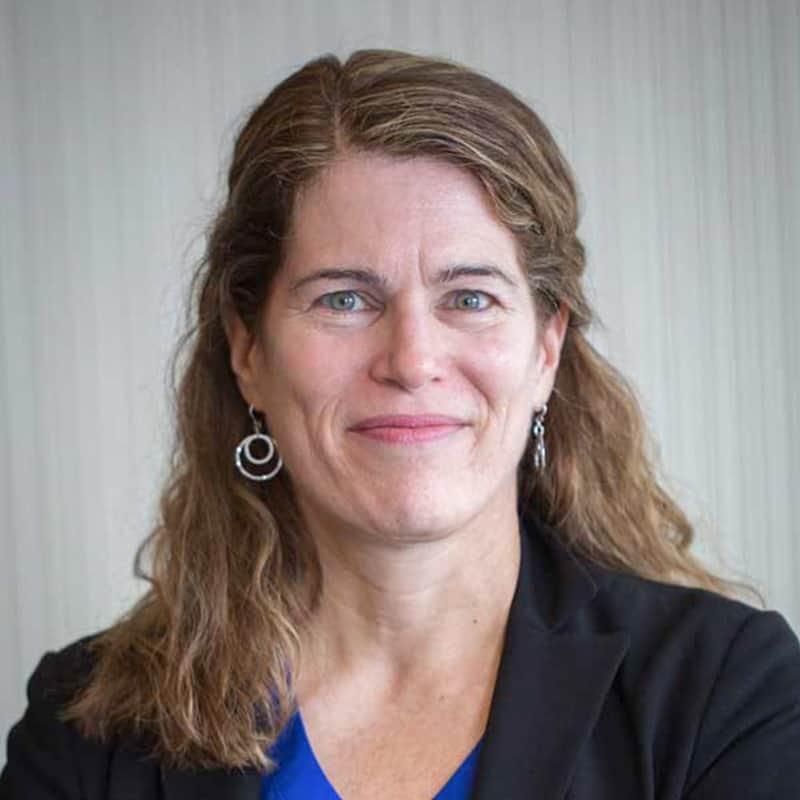
National Multiple Sclerosis Society, New York, NY
Kennedy Krieger Institute and Johns Hopkins School of Medicine, Baltimore, MD
Dr. Zackowski is the new Senior Director, Patient Management, Care and Rehabilitation Research at the National MS Society. In this role, she manages and is working to grow the Society’s research focused on clinical and rehabilitation care, as well as the development of the Society’s Wellness Initiative. Dr. Zackowski has 15 years of experience as an academic scientist and clinician at the Kennedy Krieger Institute and Johns Hopkins University School of Medicine. Dr. Zackowski’s studies have investigated the extent that nerve fiber changes in the brain and spinal cord are associated with changes in walking and physical impairments such as strength and sensation. Her research interests are to investigate the mechanisms that underlie sensorimotor impairments and disability resulting from damage to the central nervous system so as to improve disability in people with neurologic conditions. Dr. Zackowski is also an Occupational Therapist with 25 years of clinical experience in adult rehabilitation.
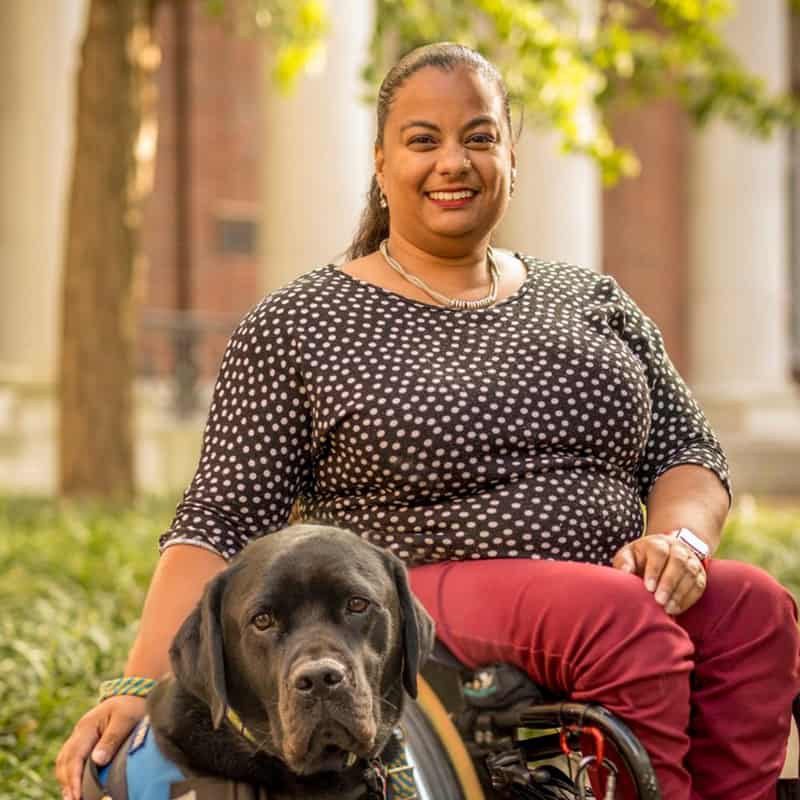
Anjali J. Forber-Pratt, Ph.D. is an Assistant Professor in the Department of Human and Organizational Development at Vanderbilt University and a two-time Paralympian and medalist in the sport of wheelchair racing. She competed in Beijing and London and is the former world record holder in the T53 200m. She currently serves on the Board of Directors for the Siegel Rare Neuroimmune Association. Dr. Forber-Pratt co-authored an educational kids’ coloring book about disabled sports titled, “Color Learn & Play: All About Sports for Athletes with Physical Disabilities”. Dr. Forber-Pratt has also been recognized nationally for her leadership and service. She presents regularly at state, national, and international conferences and is author on 19 peer-reviewed journal articles and numerous chapters. She was honored by Diverse: Issues in Higher Education as a 2018 Emerging Scholar. She was recognized in 2013 by President Obama’s administration as a Champion of Change and recently received an award from SHAPE America as the 2018 Guiding Woman in Sport. She is involved with disability advocacy efforts related to access to employment, education and sport through public speaking and media appearances. She has been actively involved to help create inclusive sport opportunities for individuals with disabilities in Bermuda, India, Zambia and Ghana. Dr. Forber-Pratt has appeared on several television programs and radio shows including: NPR; The Stream; and Sesame Street; and has been quoted in the national print press, including The Boston Globe, The New York Times, Huffington Post, USA Today, and Runner’s World.
We know it’s important to you that your donation is being used effectively. It’s important to us, too.

You will read about our education and support programs, the research we endorse and conduct, our quality of life family camp, our Jim Lubin Fellowship, as well as all the other important efforts we carry out on a daily basis to better serve our community.
2014 Form 990
2013 Form 990
2012 Form 990
2011 Form 990
501(c)(3) Ruling
The goal of this online resource is to provide resources, knowledge and help to our community, whether one has been recently diagnosed or has questions several years after onset of a rare neuroimmune disorder.
1787 Sutter Parkway
Powell, OH 43065-8806
+1 (855) 380-3330 (Eastern Standard Time)
Please send all communications and donations to our new bank lockbox address:
SRNA
PO Box 826962
Philadelphia PA 19182-6962
Have a cookie! 🍪 This site uses cookies. We use cookies for a number of reasons, such as keeping SRNA's website reliable and secure, and providing social media features, and to analyze how our website is used. By continuing to browse the site, you are agreeing to our use of cookies.
AcceptDenyLearn moreWe may request cookies to be set on your device. We use cookies to let us know when you visit our websites, how you interact with us, to enrich your user experience, and to customize your relationship with our website.
Click on the different category headings to find out more. You can also change some of your preferences. Note that blocking some types of cookies may impact your experience on our websites and the services we are able to offer.
These cookies are strictly necessary to provide you with services available through our website and to use some of its features.
Because these cookies are strictly necessary to deliver the website, refusing them will have impact how our site functions. You always can block or delete cookies by changing your browser settings and force blocking all cookies on this website. But this will always prompt you to accept/refuse cookies when revisiting our site.
We fully respect if you want to refuse cookies but to avoid asking you again and again kindly allow us to store a cookie for that. You are free to opt out any time or opt in for other cookies to get a better experience. If you refuse cookies we will remove all set cookies in our domain.
We provide you with a list of stored cookies on your computer in our domain so you can check what we stored. Due to security reasons we are not able to show or modify cookies from other domains. You can check these in your browser security settings.
We also use different external services like Google Webfonts, Google Maps, and external Video providers. Since these providers may collect personal data like your IP address we allow you to block them here. Please be aware that this might heavily reduce the functionality and appearance of our site. Changes will take effect once you reload the page.
Google Webfont Settings:
Google Map Settings:
Google reCaptcha Settings:
Vimeo and Youtube video embeds:
You can read about our cookies and privacy settings in detail on our Privacy Policy Page.
Privacy Policy